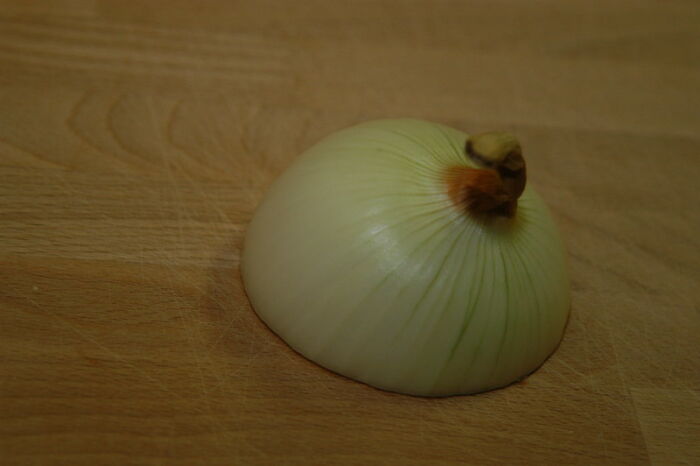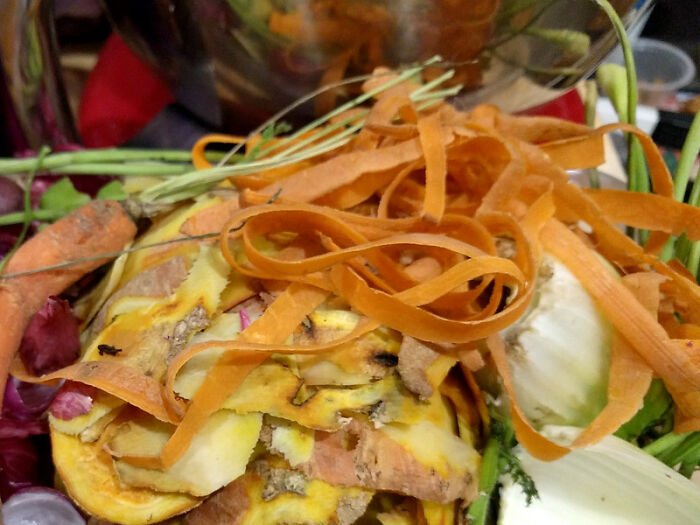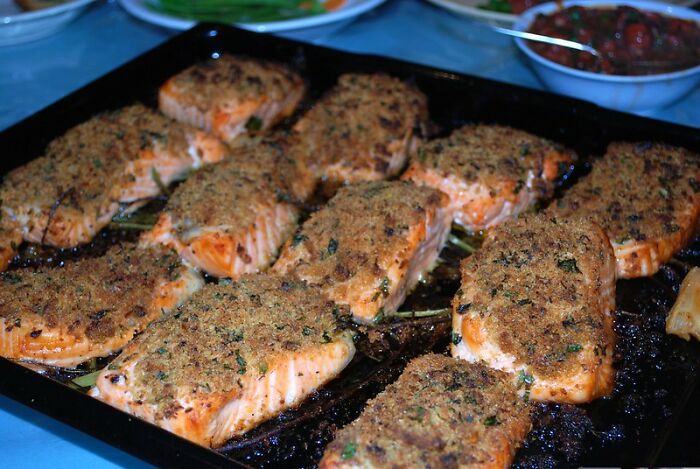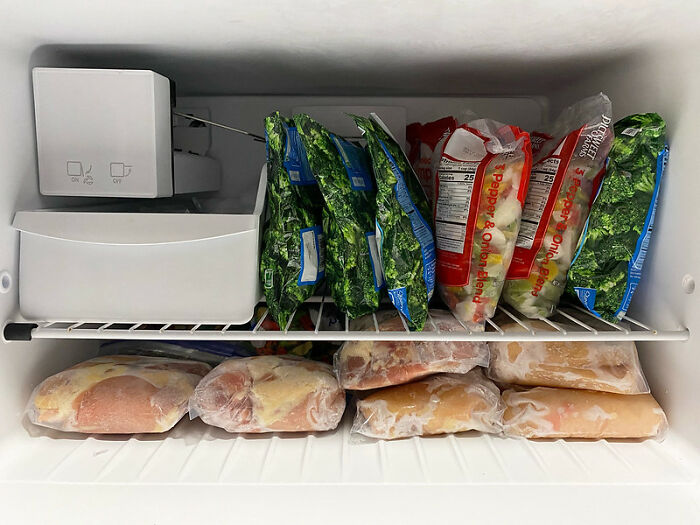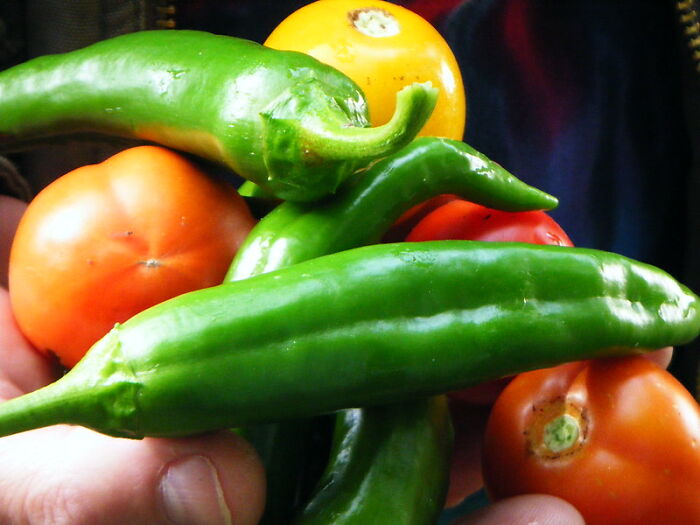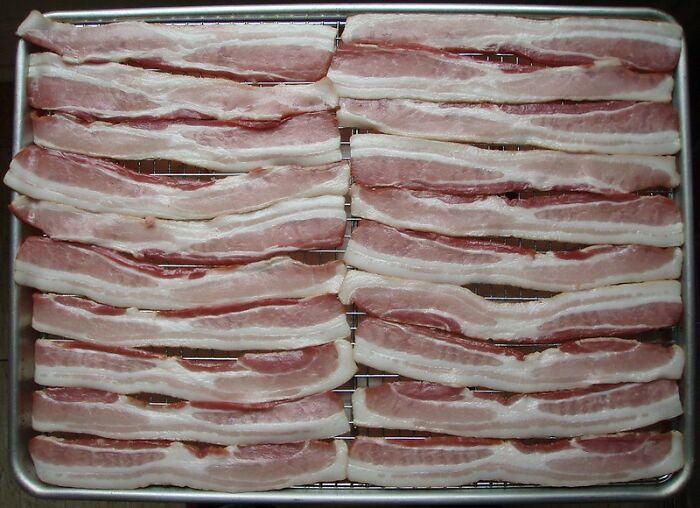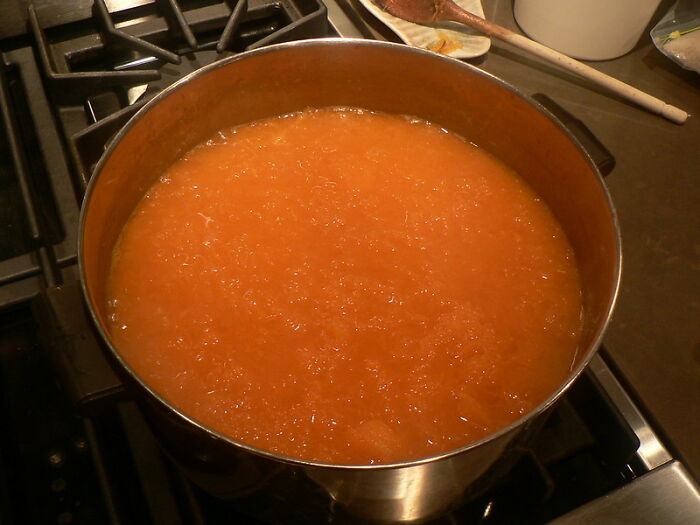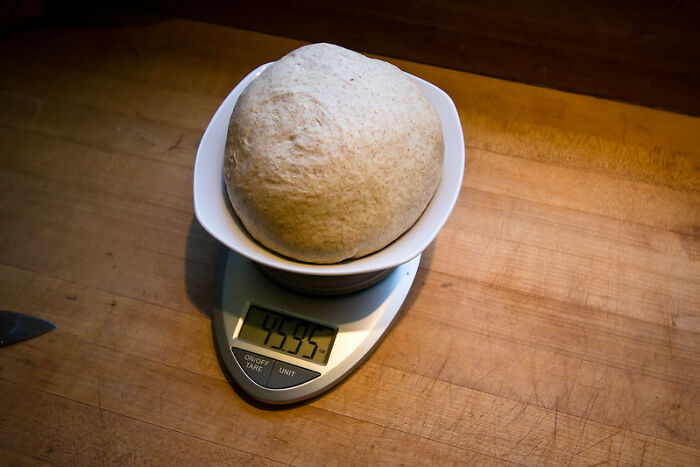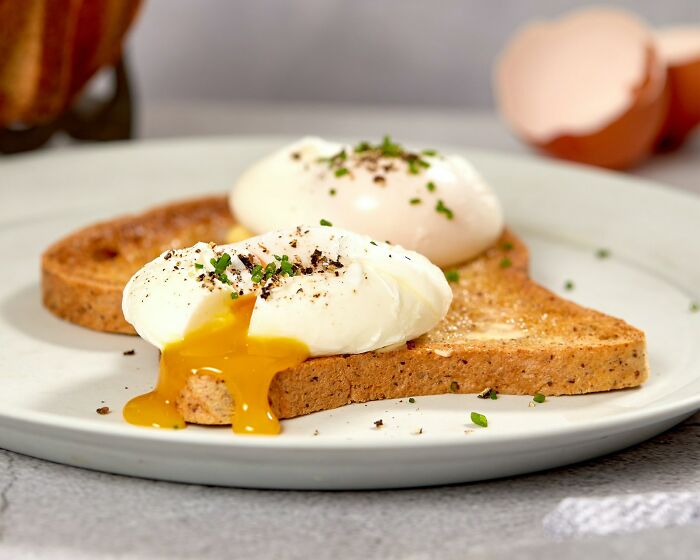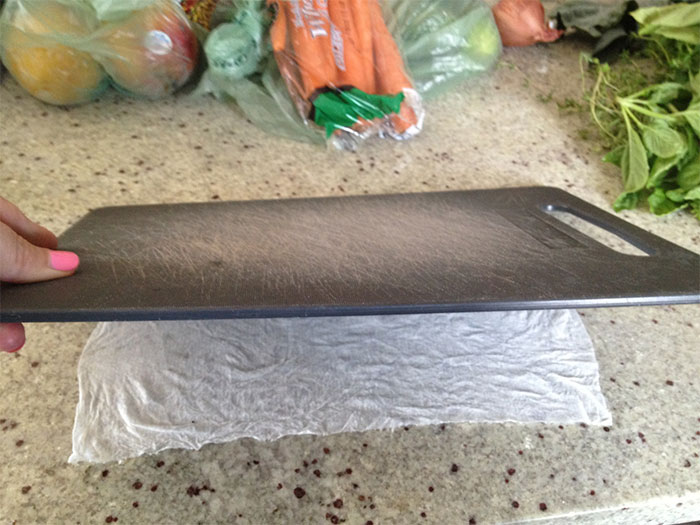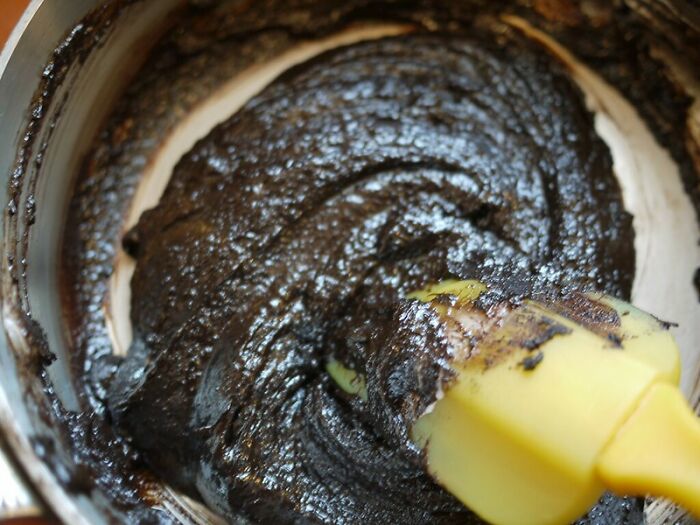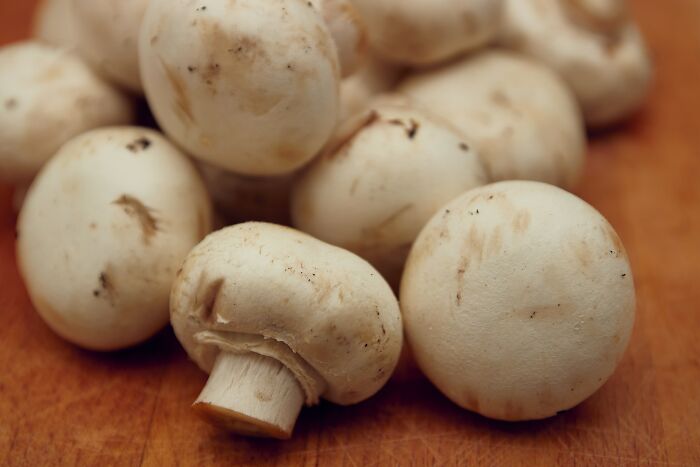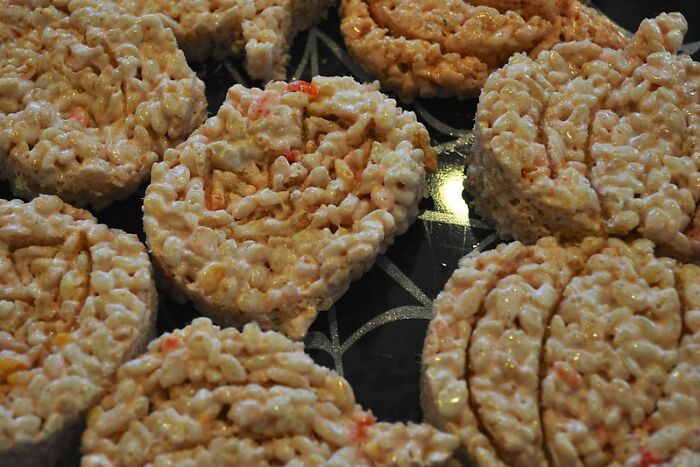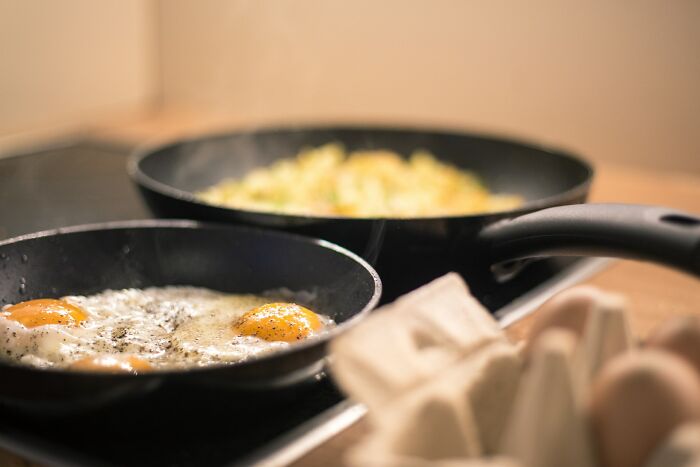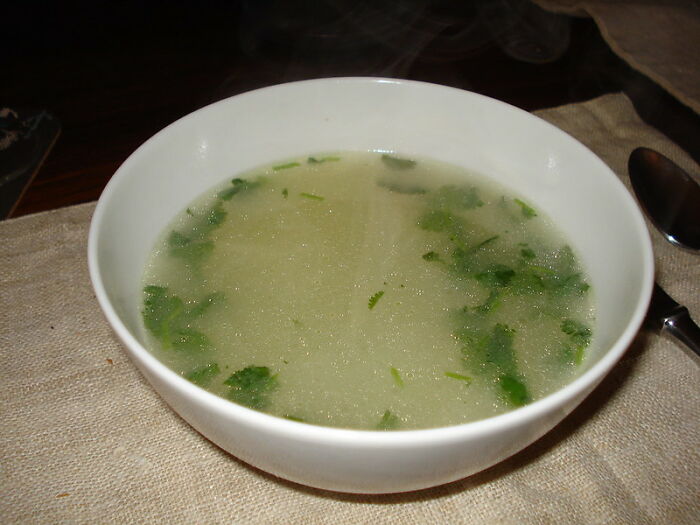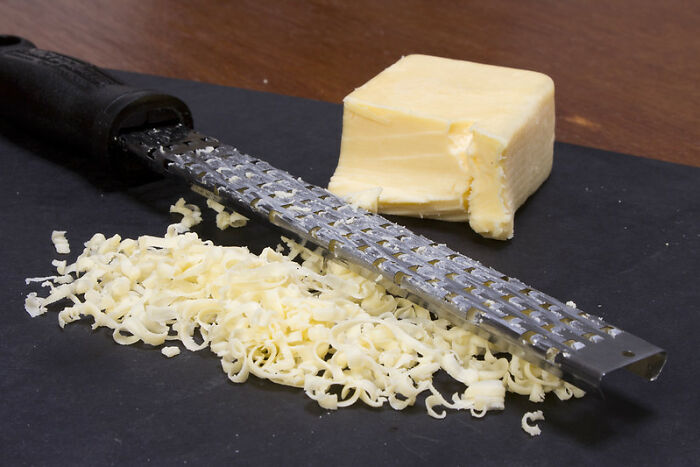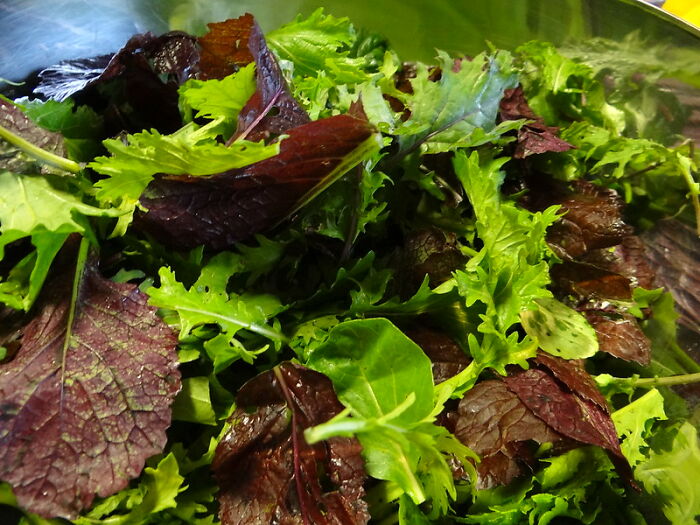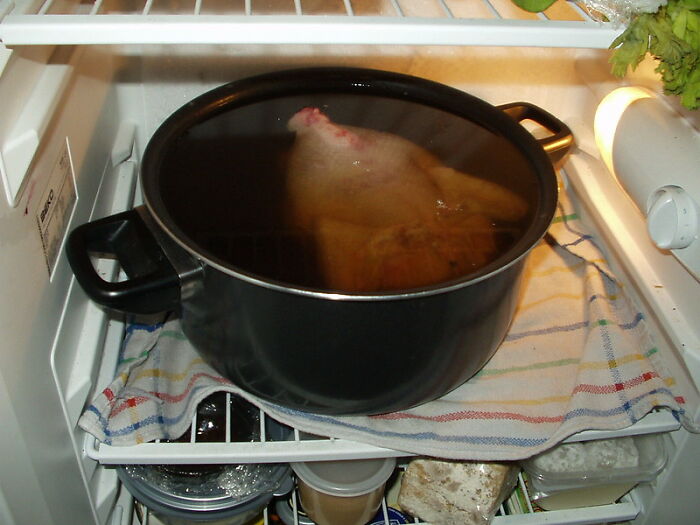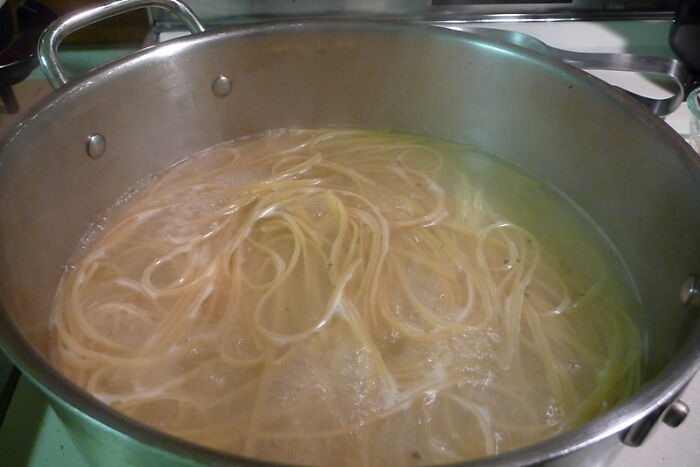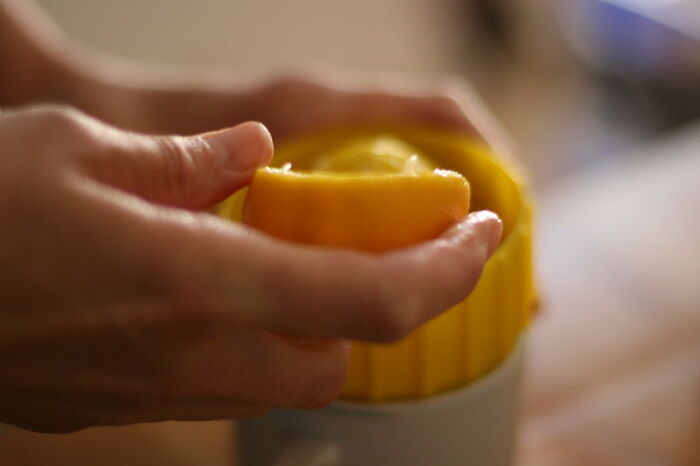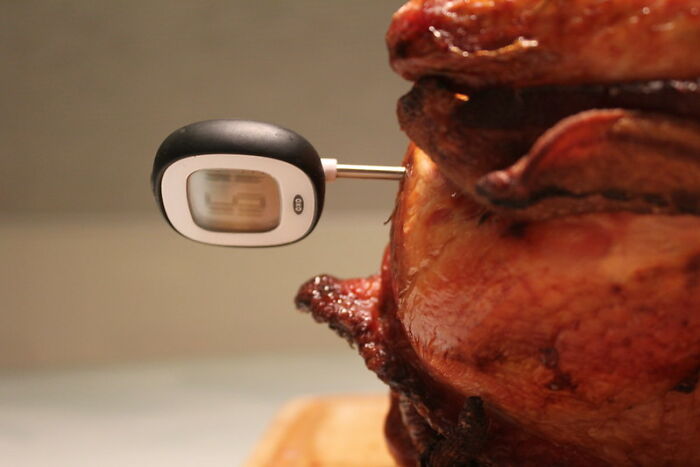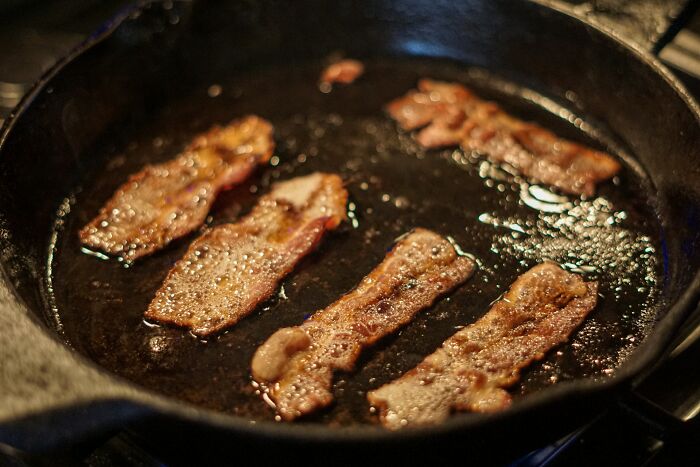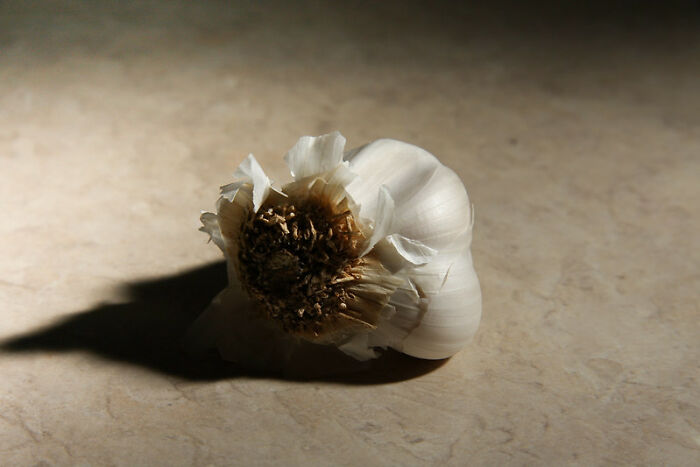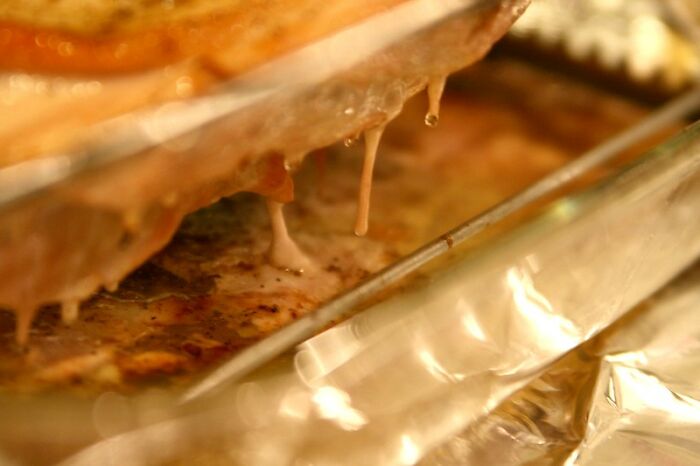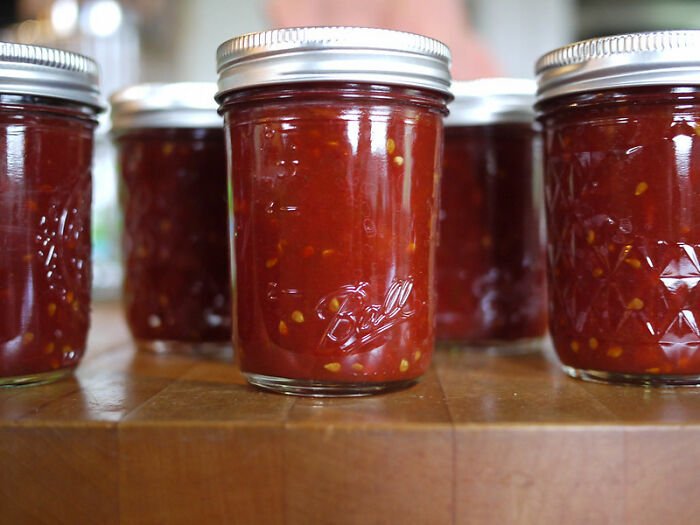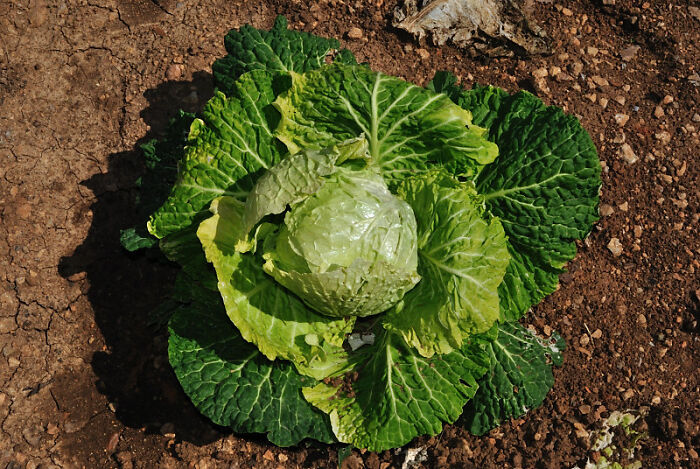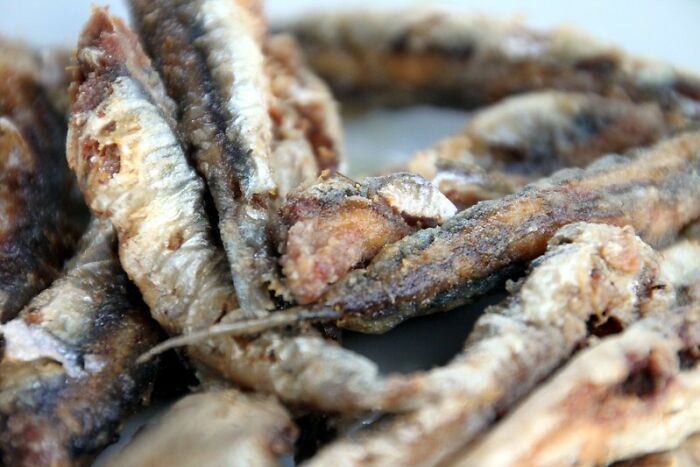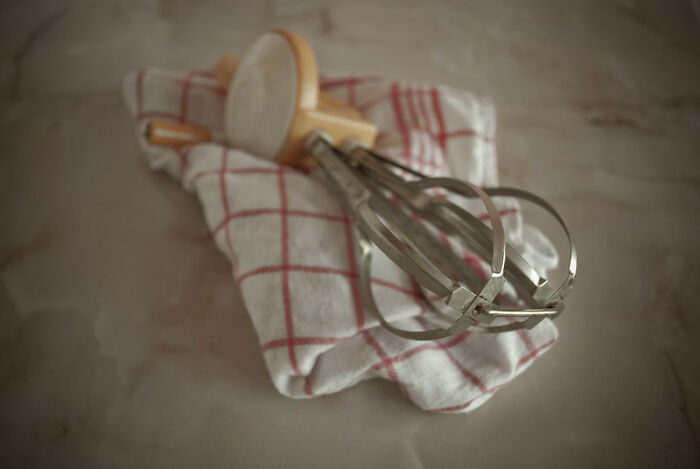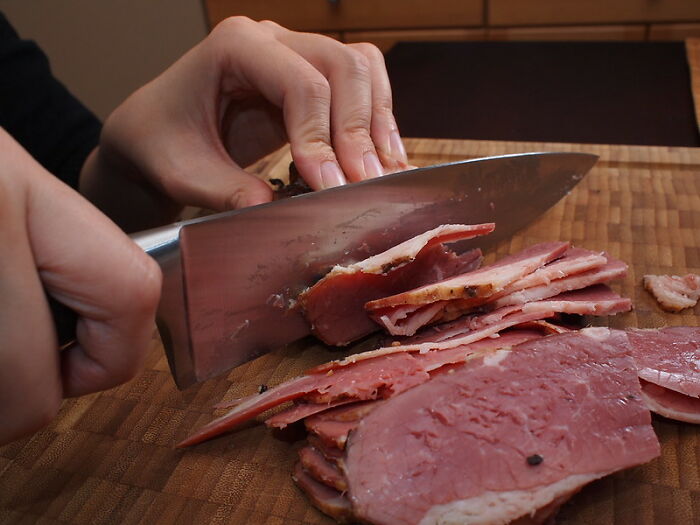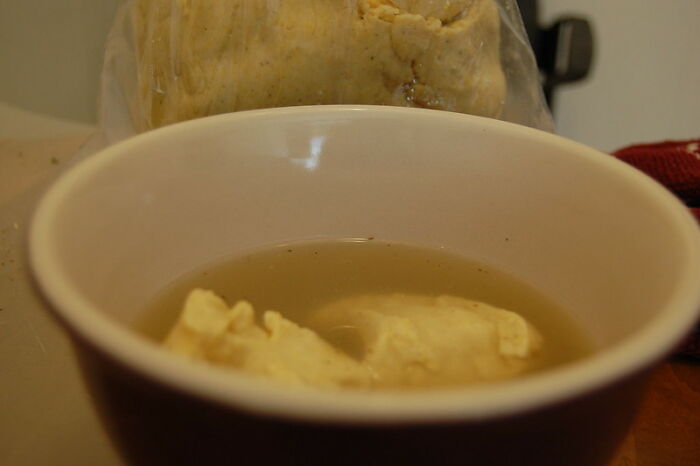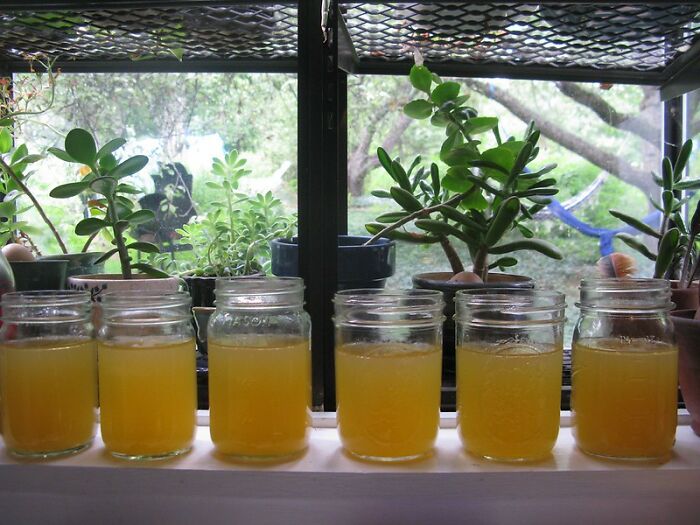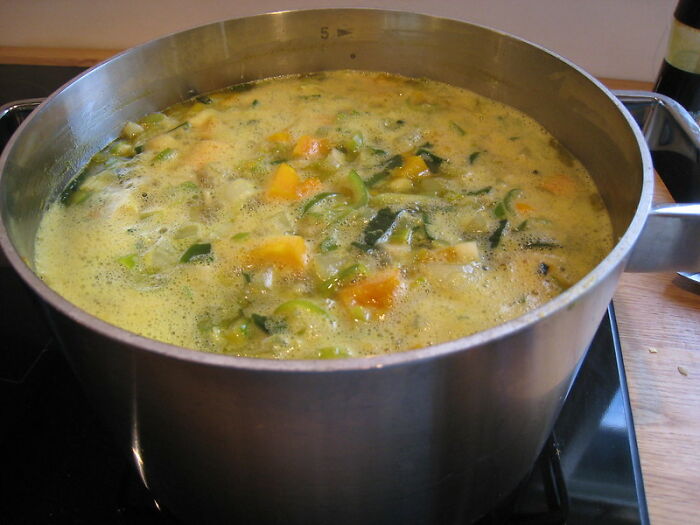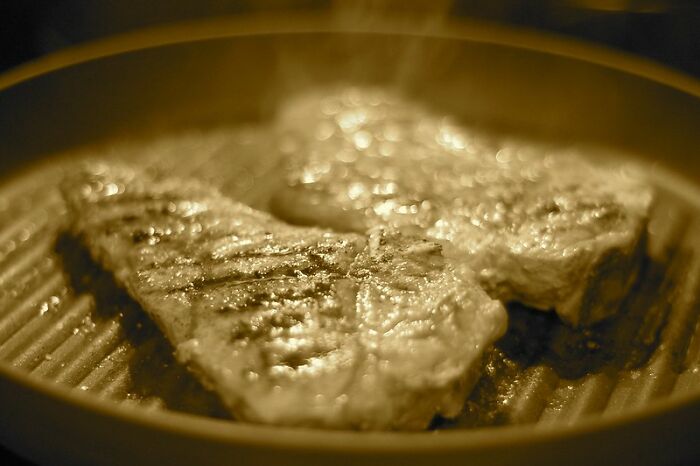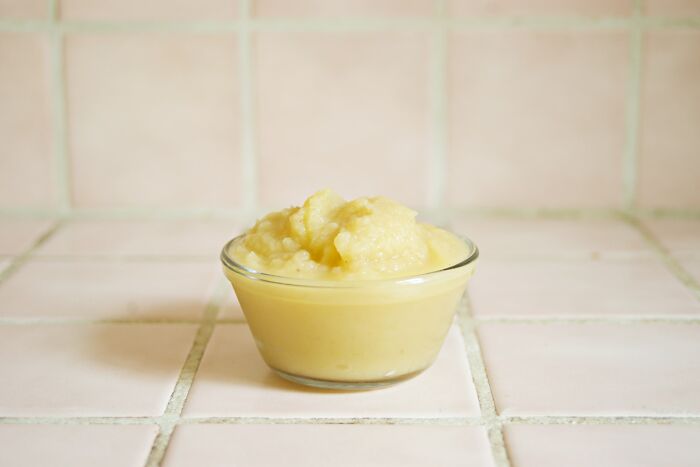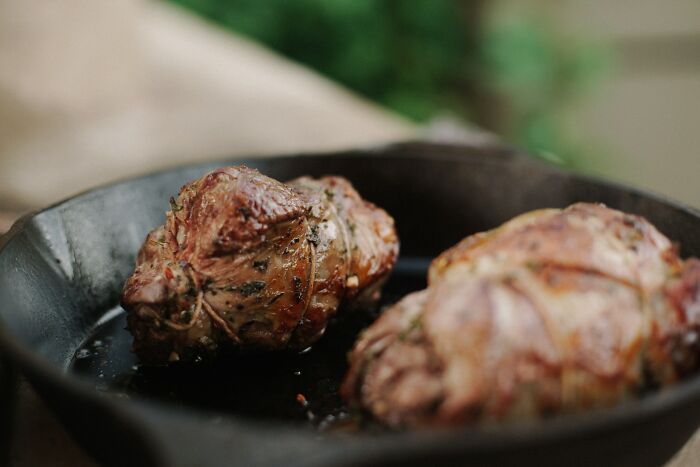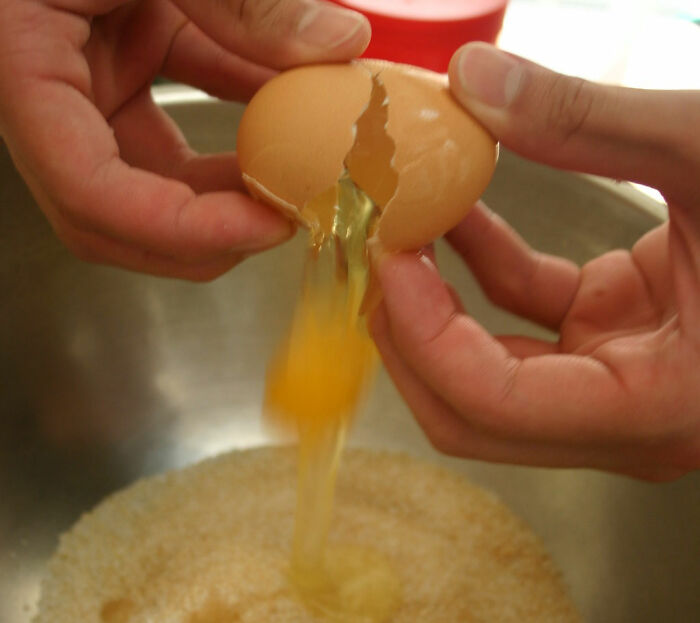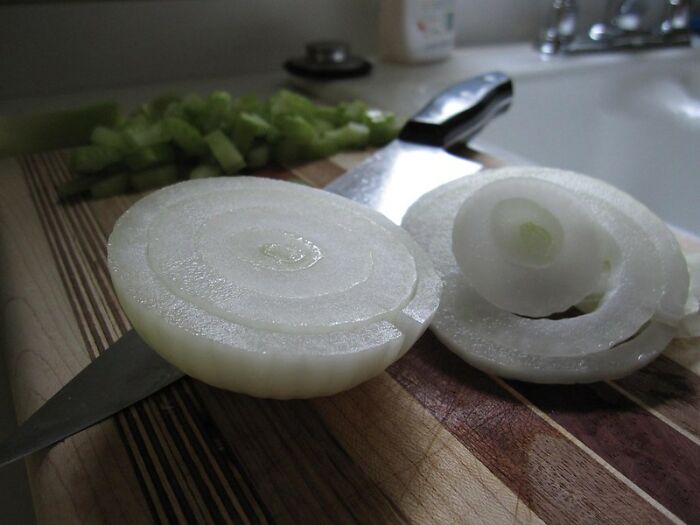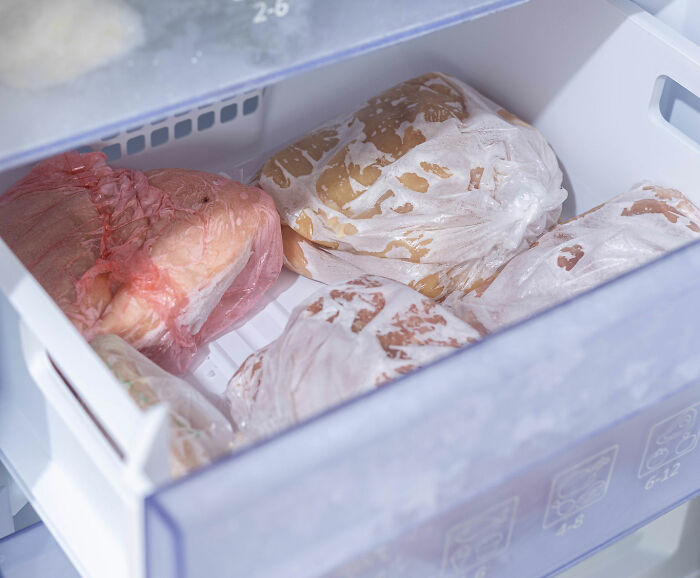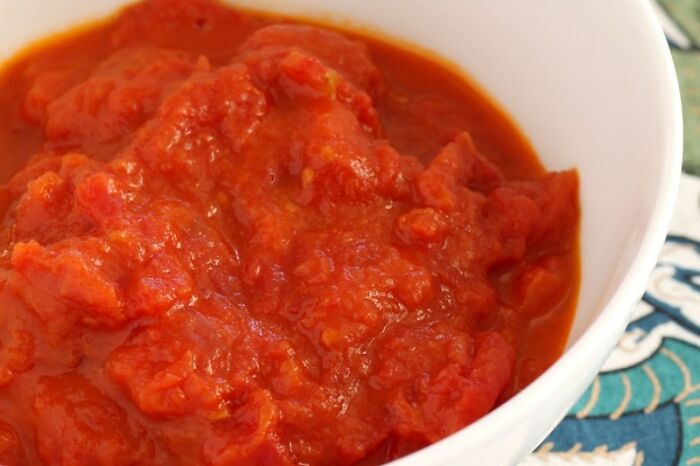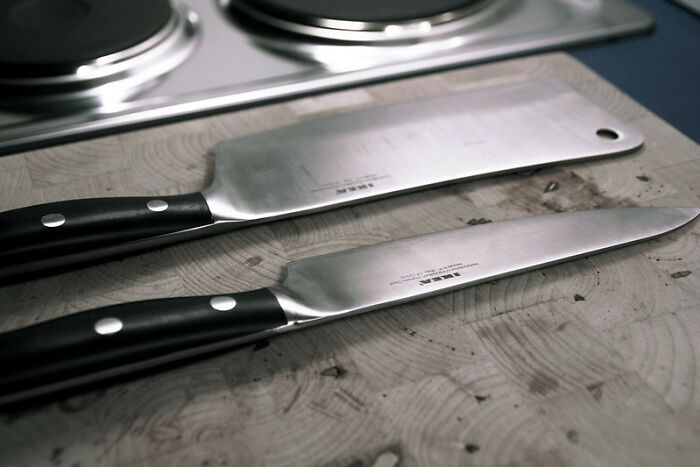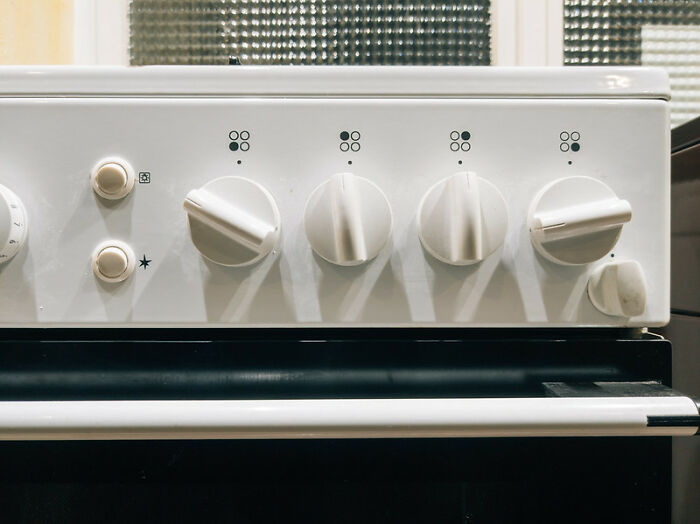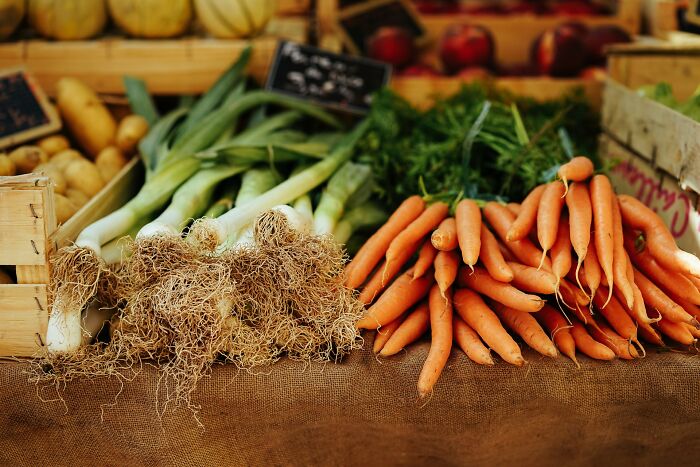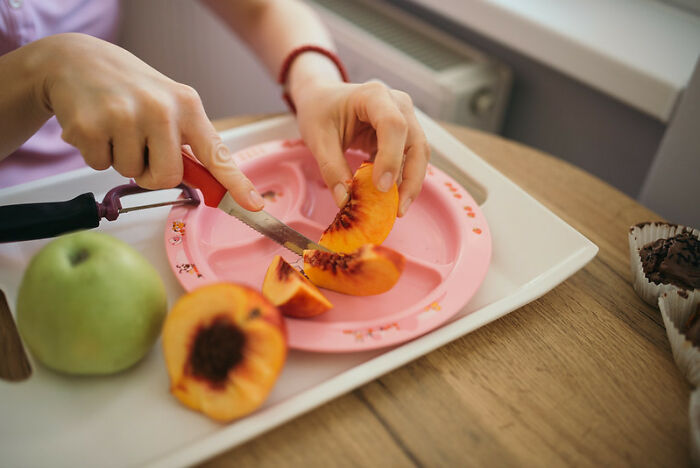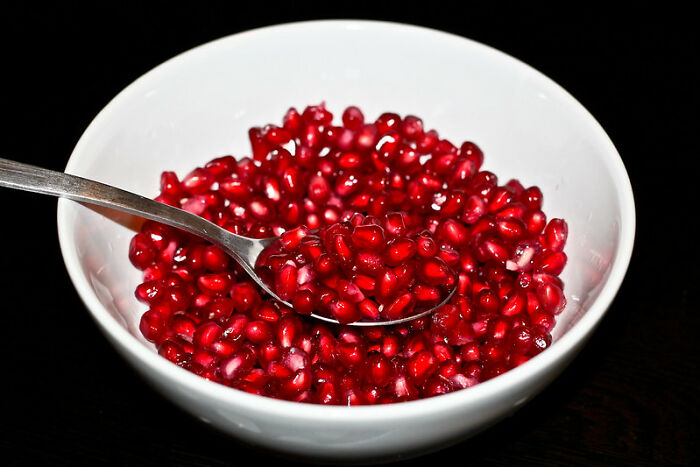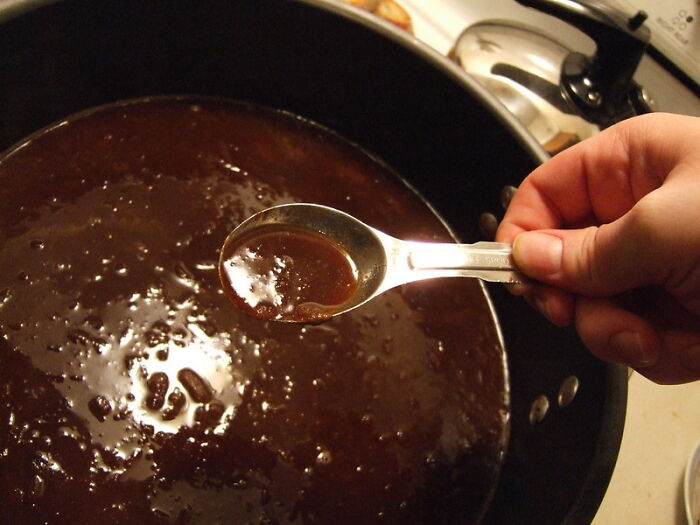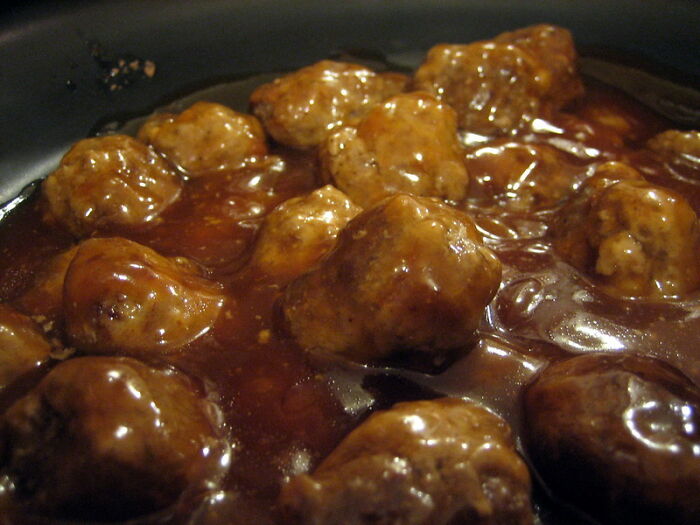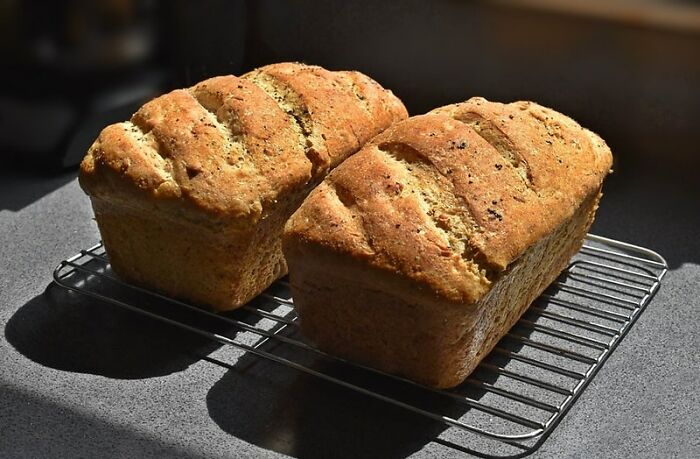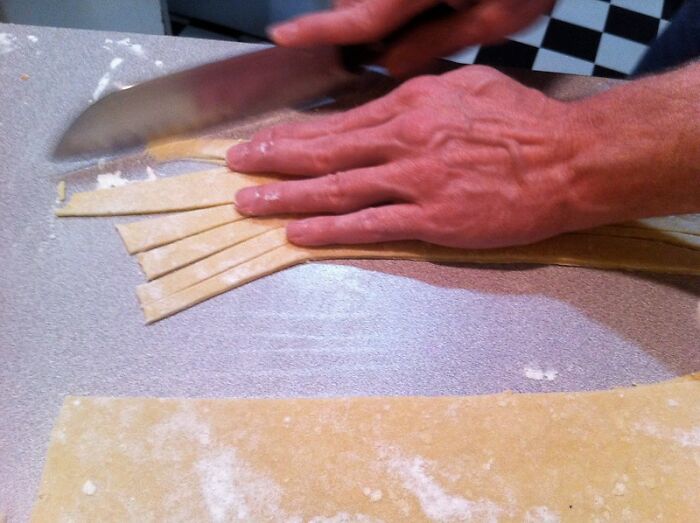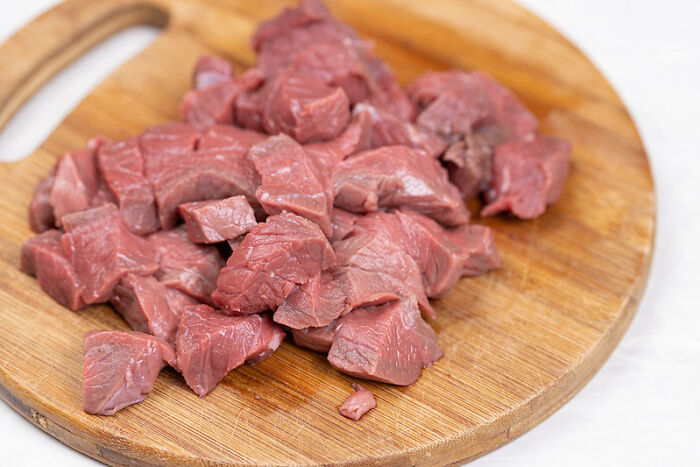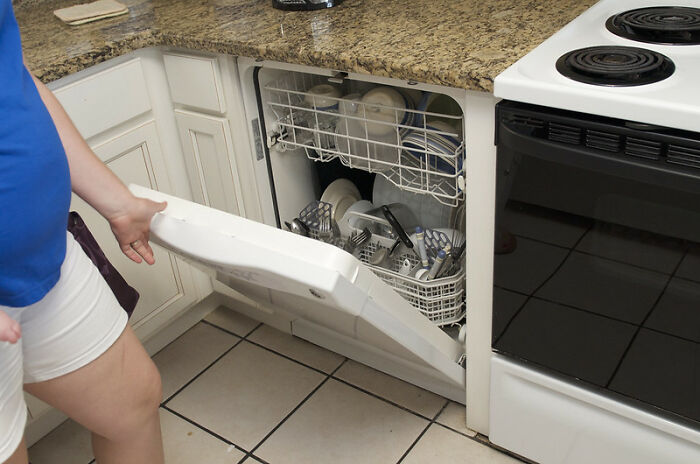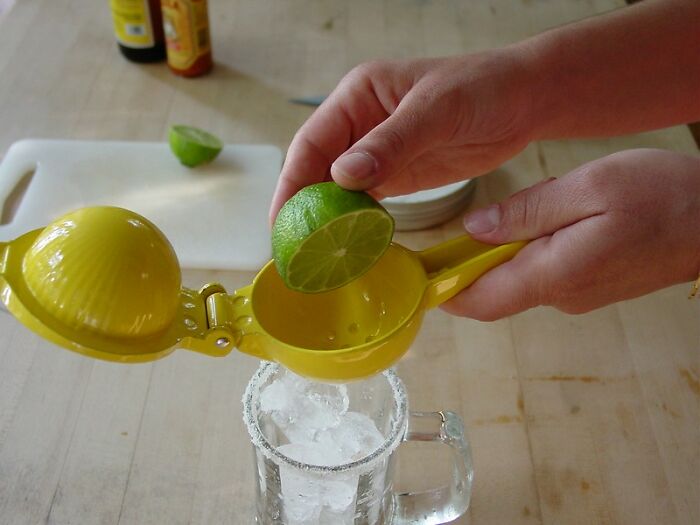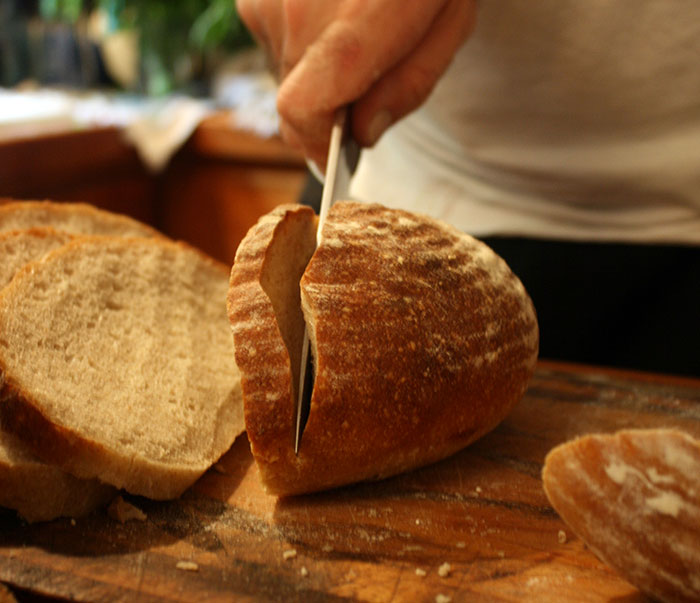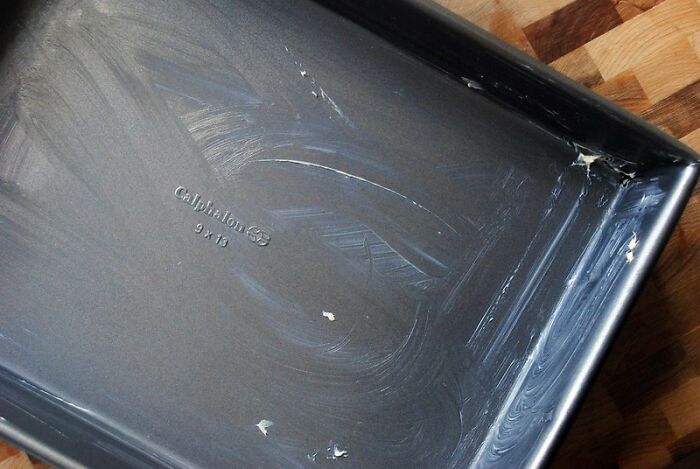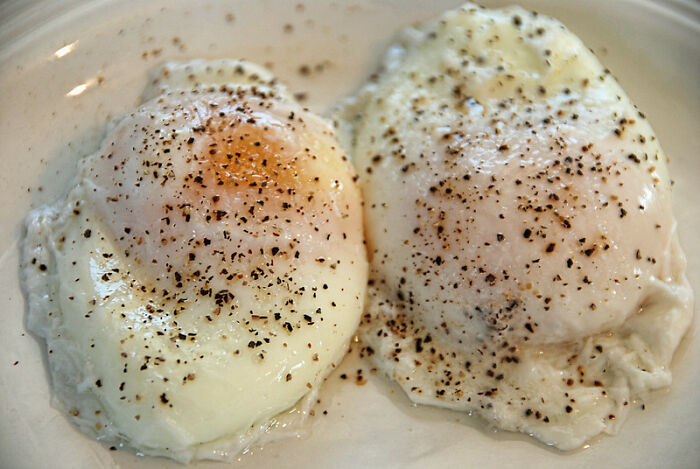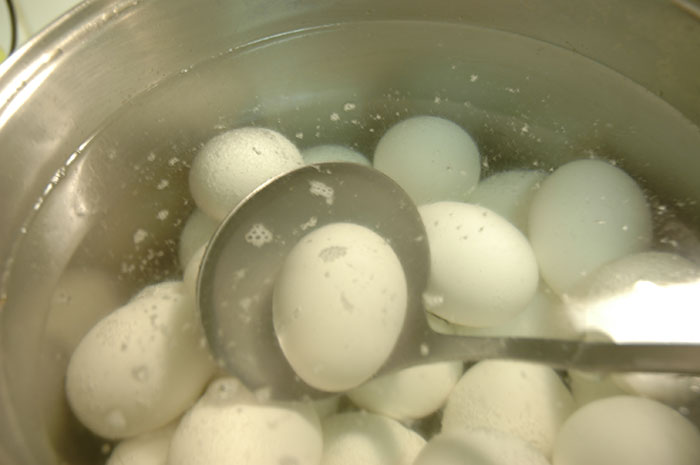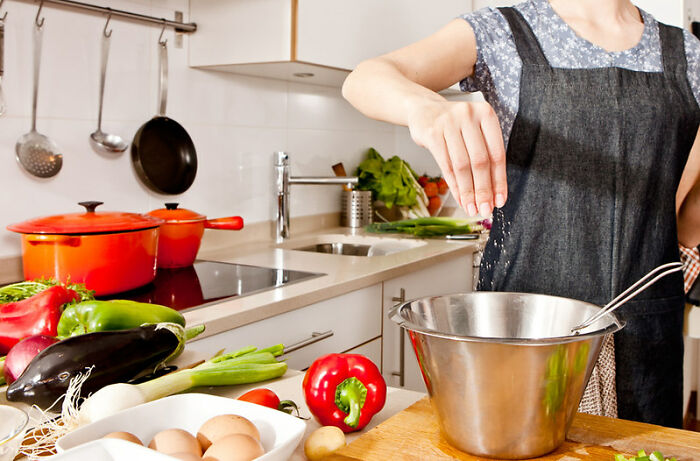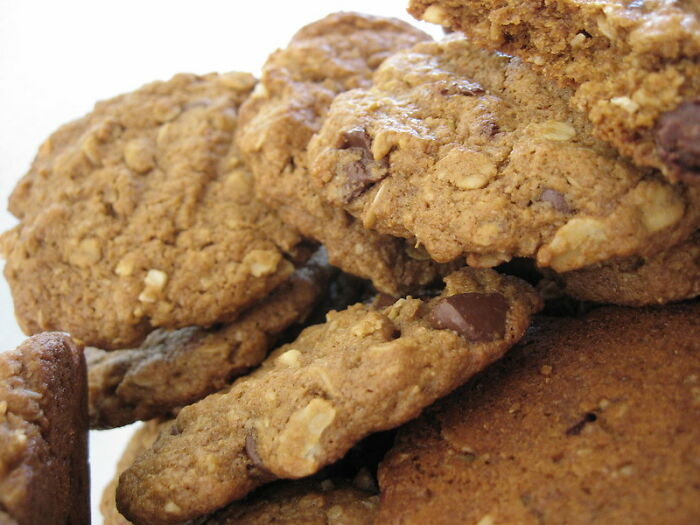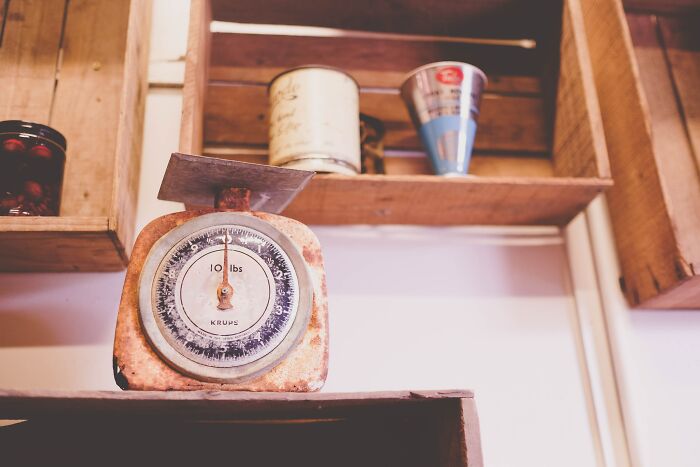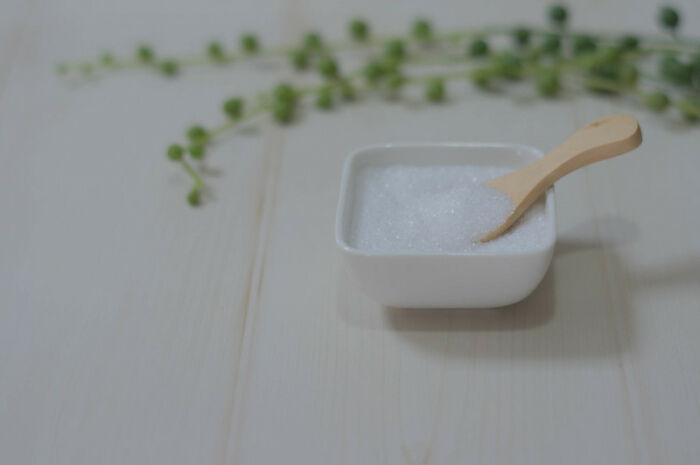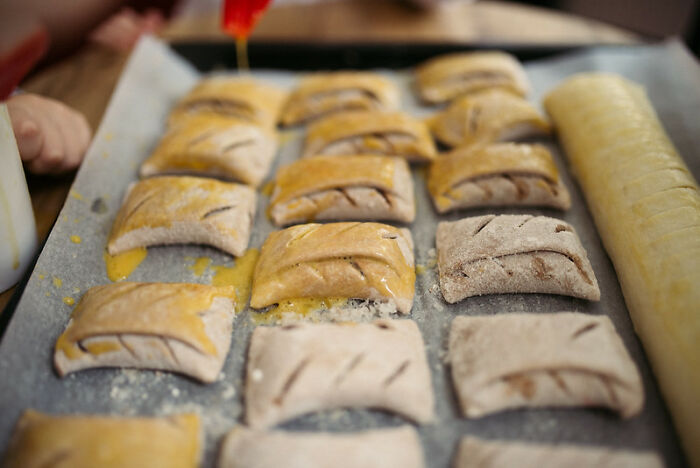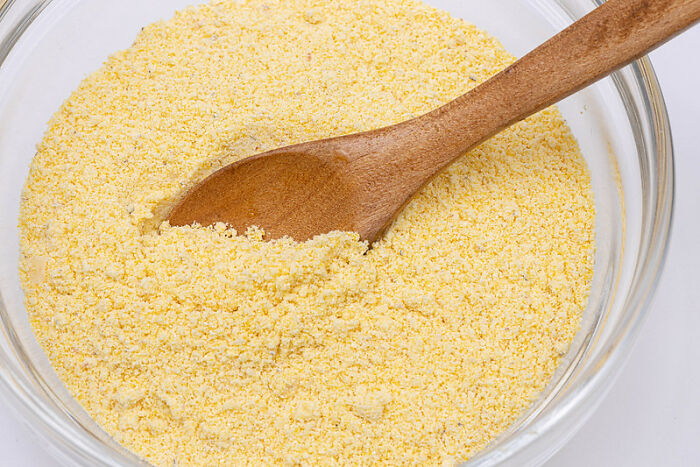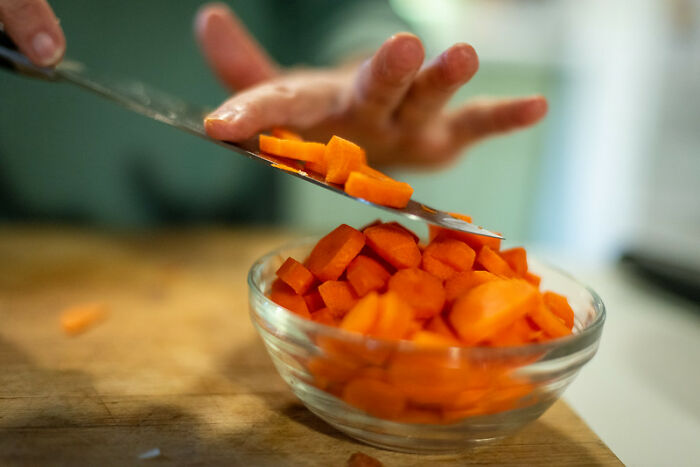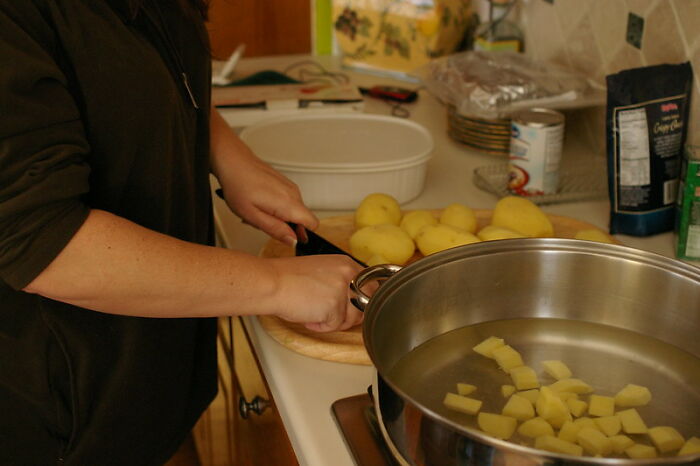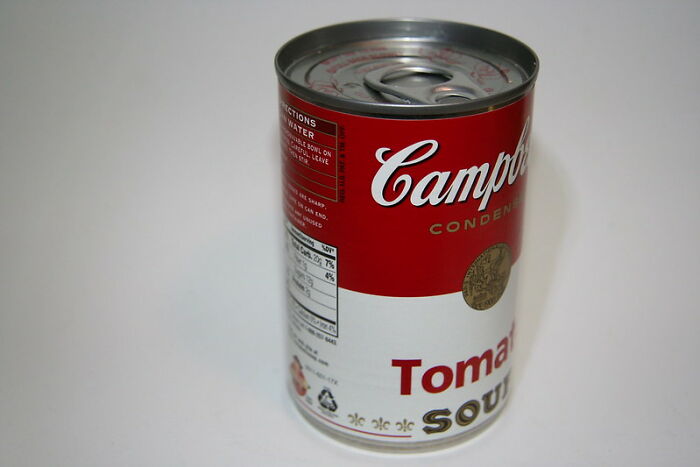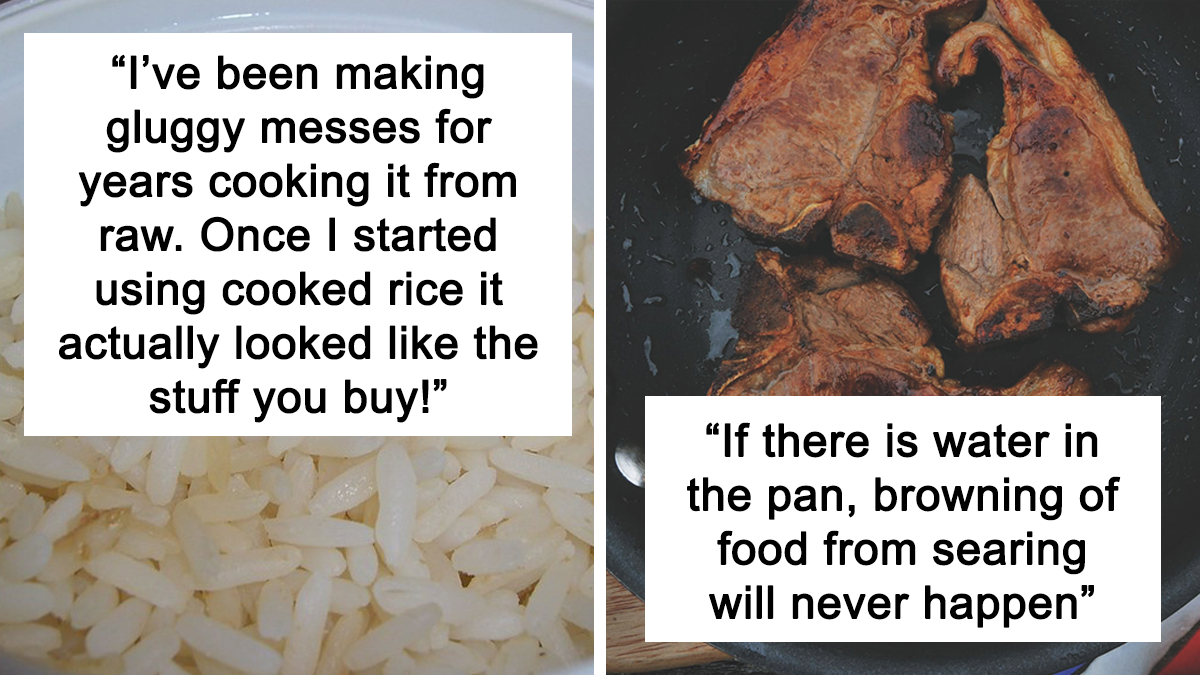
People Didn’t Realize How Helpful These 30 Cooking Tips And Tricks Were Until They Started Using Them
Some people are born with it, others take years to learn and to appreciate it. The passion for cooking is something that professional cooks, food aficionados aka foodies, and nonnas who carry the oldest recipes out there share in common.
But big things start from simple steps and in order to dive deep into the cooking universe, you want to start with a solid foundation of ‘know-how.’ This takes practice and taking notes from the best tips and tricks from people who already know what they’re doing.
And this thread posted on the Cooking subreddit is a great way to do that. “What tip did you never think of, that seemed so obvious and really helpful after someone taught you?” asked Redditor Smartchic and the responses started rolling in. From things like making a jam from sad berries on the verge of going bad and sprinkling some water before microwaving leftover food to soften and moisten it, it’s crazy how simple these obvious tricks are. Have one to share as well? Hit us in the comment section below!

This post may include affiliate links.
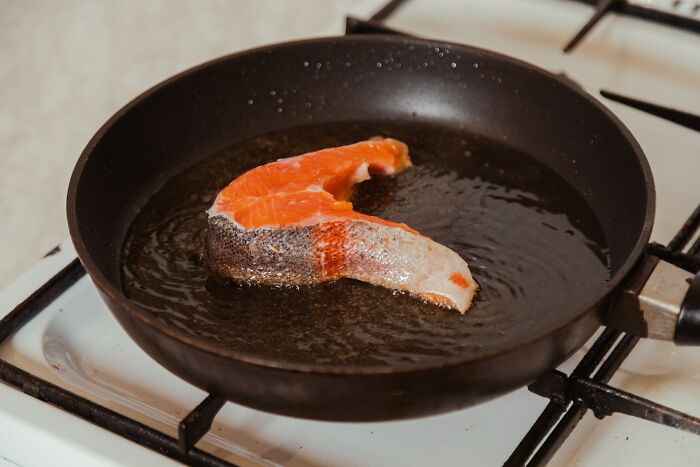 I almost never used my non stick pans for searing meats. I would always panic when the meat stuck, no matter how much oil/butter I used. I would force it to unstick right away, often ripping up the meat. It took my years to learn that the meat will unstick itself once some of the fats render out. I learned it from Master Chef.
I almost never used my non stick pans for searing meats. I would always panic when the meat stuck, no matter how much oil/butter I used. I would force it to unstick right away, often ripping up the meat. It took my years to learn that the meat will unstick itself once some of the fats render out. I learned it from Master Chef.
To find out more about learning the joy of cooking, as well as useful tips and tricks for cooking fresh, Bored Panda spoke with Beth Moncel, a food lover and the founder of “Budget Bytes” where she has been sharing her passion for cooking and delicious recipes designed for small budgets since 2009.
“I think anyone can learn to cook,” Beth said when we asked if it’s something we’re born with or we learn it. She believes that just like any skill, it takes time and practice. “The more you do it, the easier it will get. I don't think anyone is born with this skill, but rather some people have had the opportunity to learn through observation in their younger years, so it might seem like an innate skill.”
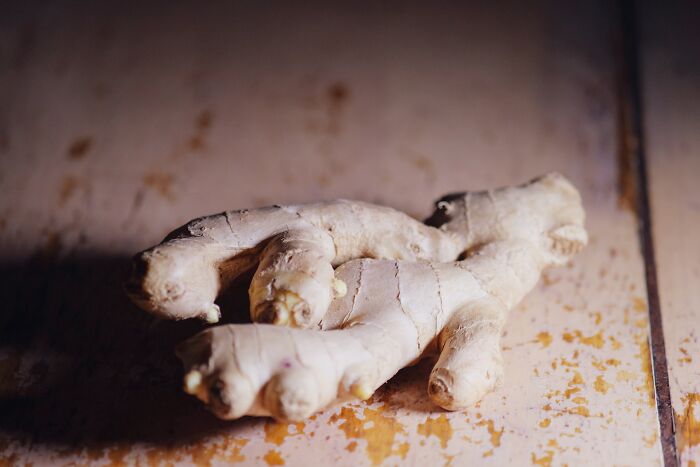 Freeze your ginger and grate it from frozen without peeling. Peels end up on the outside of the grater, and it lasts for ages in the freezer. You’ll always have fresh ginger on hand.
Freeze your ginger and grate it from frozen without peeling. Peels end up on the outside of the grater, and it lasts for ages in the freezer. You’ll always have fresh ginger on hand.
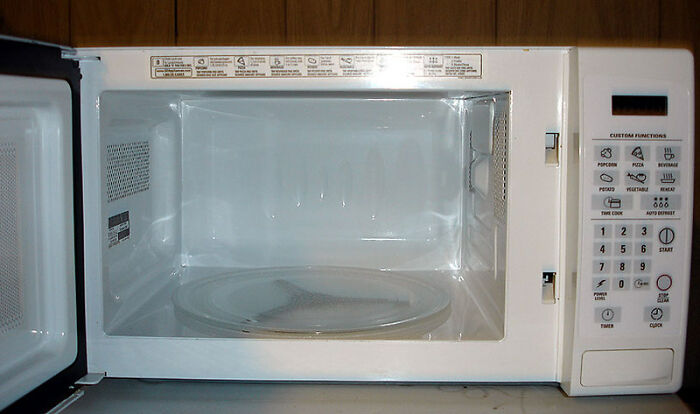 More of a cleaning tip. Cooked with an older guy at a local bar & grill. We were cleaning up for the night and one of the kid mac&chz exploded in the microwave when I forgot it. So I was scraping and scrubbing this hard burnt cheese and pasta out by hand. The old cook saw me struggling and grabbed a soapy wet rag and nuked it for 2 minutes. Presto! He wiped the inside of the microwave with a paper towel in seconds. Brilliant! It's how I clean microwaves now.
More of a cleaning tip. Cooked with an older guy at a local bar & grill. We were cleaning up for the night and one of the kid mac&chz exploded in the microwave when I forgot it. So I was scraping and scrubbing this hard burnt cheese and pasta out by hand. The old cook saw me struggling and grabbed a soapy wet rag and nuked it for 2 minutes. Presto! He wiped the inside of the microwave with a paper towel in seconds. Brilliant! It's how I clean microwaves now.
I use a little bit of white vinegar and water on the cloth. It knocks down any grease in there as well.
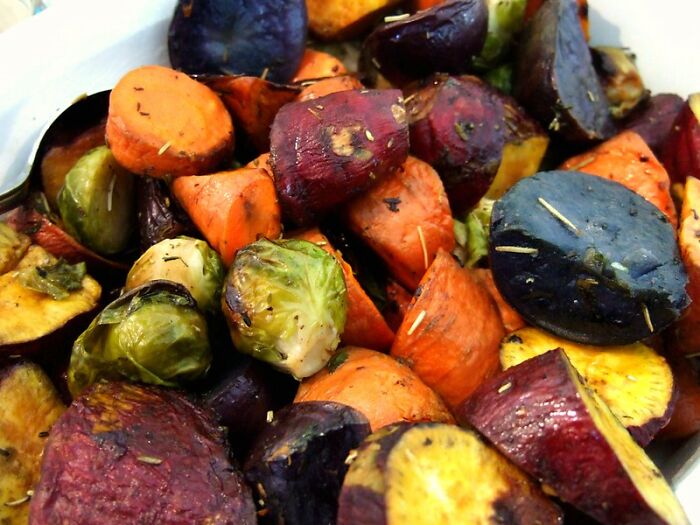 Roast vegetables for longer than you might think necessary. I used to hate roasted veggies because they’d either be hard and undercooked or mushy. Then I realized you just need to cook them for even longer so that they transcend the mushy stage, the moisture is removed, and they begin to brown."
Roast vegetables for longer than you might think necessary. I used to hate roasted veggies because they’d either be hard and undercooked or mushy. Then I realized you just need to cook them for even longer so that they transcend the mushy stage, the moisture is removed, and they begin to brown."
Make sure your veggies are patted down dry as much as possible before you season them. This will help a lot too.
For anyone who has never been into cooking and wants to start cooking from fresh, Beth suggests starting small. “Pick one easy recipe per week to try and add more once you feel comfortable. And most of all, don't get discouraged if you have a recipe failure. Failures and mistakes are how you learn!” Beth said that even after decades of cooking almost every single day, she still has failures. “It's part of the process,” she said.
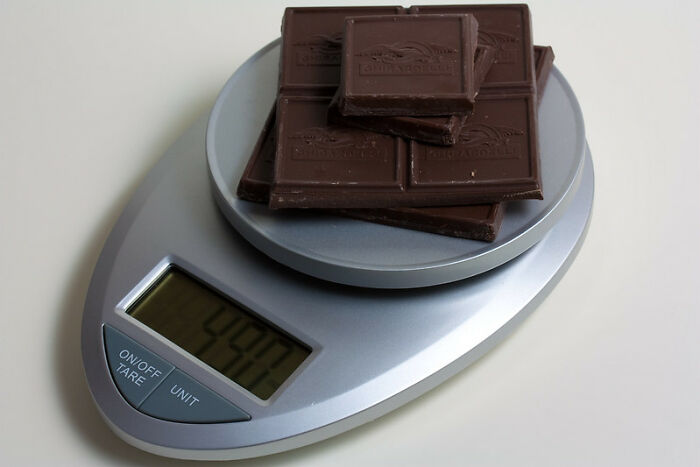 If you are baking or cooking and need to weigh ingredients, try reverse taring. Put the entire container of your ingredient on the scale, then set it to zero and measure what you've taken out. This is useful because you can weight ingredients without dirtying another dish. It's particularly handy for sticky or messy ingredients like honey or peanut butter.
If you are baking or cooking and need to weigh ingredients, try reverse taring. Put the entire container of your ingredient on the scale, then set it to zero and measure what you've taken out. This is useful because you can weight ingredients without dirtying another dish. It's particularly handy for sticky or messy ingredients like honey or peanut butter.
I usually put the pan that I'm using on the scales and tare it each time before adding a new ingredient.
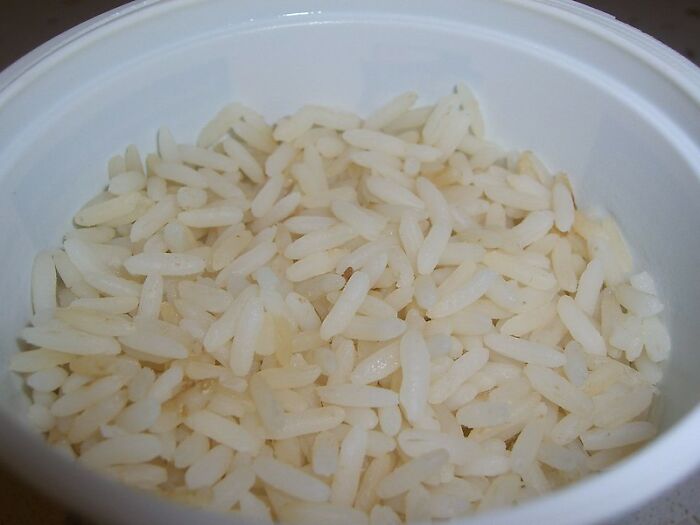 If you want to make good fried rice use cooked rice that's been in the fridge overnight.
If you want to make good fried rice use cooked rice that's been in the fridge overnight.
This was a revelation! Because the rice is dry it doesnt stick together when you fry it. I'd been making gluggy messes for years cooking it from raw. Once I started using cooked rice it actually looked like the stuff you buy!
It's the same for potatoes. The starch needs some time to build a strong network. One day is perfect. More is too much and the potatoes will become too dry because the starch network pushes the water away.
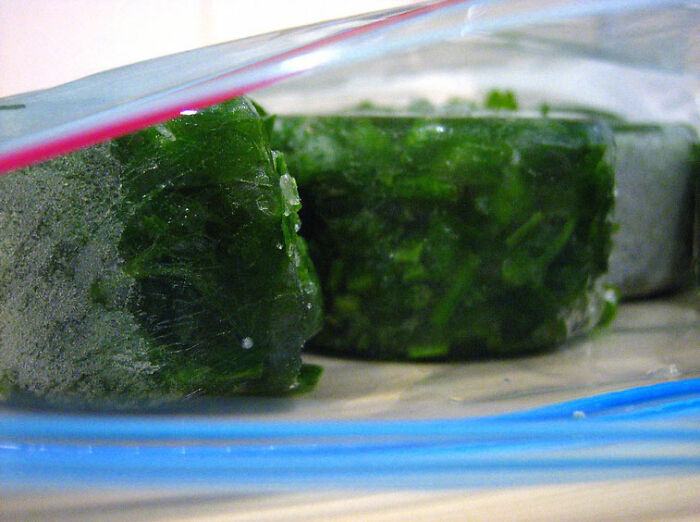 Mince fresh parsley (or basil) and spread it out in a gallon zipper freezer bag and freeze. When it's completely frozen squeeze out the air and roll it up and tuck it somewhere handy in your freezer. It stays green and you can use as much or as little as you want.
Mince fresh parsley (or basil) and spread it out in a gallon zipper freezer bag and freeze. When it's completely frozen squeeze out the air and roll it up and tuck it somewhere handy in your freezer. It stays green and you can use as much or as little as you want.
The same idea with tomato paste. Empty the can into a freezer bag, flatten it out and freeze it. You can just break off what you need without wasting most of the can.
I freeze it in ice cube trays, then store in a container so I grab a cube of the size I want.
When you buy bacon, put the individual slices out on a cookie sheet and freeze. When solid, transfer to a freezer bag, squeeze out the air, and stash in the freezer. Unless you tend to eat an entire package in one sitting, you're set for impulse BLTs, quick bacon cheeseburgers, and never having to fish a slimy piece out of the back of the fridge where it's been hiding for five weeks.
I usually just cook the whole package at once and then save the cooked slices for up to a week. So much easier when everything is at once - only one cleanup. Plus then I can save the bacon fat in the fridge in a mason jar and use it to flavor up things like Brussels sprouts or cabbage. The individual bacon sticks easily crisp in microwave in about 10 seconds.
Load More Replies...I actually freeze my tomato paste in tablespoon blobs. Most recipes call for TBSP so I can just grab whatever I need.
To make parsley look fresh again, rinse it in cold water, then rub it dry in a tea towel. Presto. Looks freshly picked.
I put one tablespoon sized globs on a plate, freeze it then put the frozen globs in reusable containers I keep in the freezer.
I put chopped herbs in an ice cube tray with a little olive oil & freeze, then pop into a ziploc. With leftover tomato paste I put parchment paper on a 1/4 baking sheet and plop the paste on it in about tsp size lumps & freeze. Again, it goes into a ziploc. I almost always have "fresh" basil, parsley & dill, as well as just the right amount of tomato paste.
I put 1 tbsp in each section of an ice cube tray, and when it's frozen I pop the cubes into a freezer bag.
Our ice cube tray cubes are 2 tbs each so we'll full or half fill so that we have a bag full of 1 or 2 tbs cubes of paste. Very easy to go from there. We do that with lots of sauces and seasonings (we are from the Caribbean so we do a lot of Puerto Rican cooking as well with sofrito or other cooking bases).
ALWAYS rinse fresh parsley, at least 4 times, leaving it undisturbed in cold water for about 30 minutes each time. Remove it by the handfuls, not disturbing the water too much. Dry completely by rolling the parsley in a kitchen towel. Chop it and then freeze it. I have mine in a jar in the freezer. I just run a fork over the frozen parsley to get the desired amount.
Serious question, why do you leave it undisturbed? I usually am quite aggressive with it to try and rub off the dirt that's stuck. A few rounds like that and then in the salad spinner to dry. I'll have to steal your fork trick though.
Load More Replies...By using a layer that's so thin there isn't any overlap. It's better to freeze it by spreading it out on a tray or plate and then put the individually frozen bits in a Ziploc bag. That way the bag can be more full and things don't stick to each other to form large clumps or blocks.
Load More Replies...I measure the tomato paste out in 1 TBSP. measurements and freeze it that way.
Just bought some parsley. I literally went and did this RIGHT NOW.
I grow my own basil. Every summer I just pick leaves by pinching them off an toss into a bag in freezer. Taking the air out. As I make fresh homemade sauce aka gravy for Italians reading, I'd have fresh basil to add to that or anything. I grow my own tomatoes too. U can grow mostly anything from store foods that don't look the same. Those pre packed tomatoes suck. No flavor. But u can get the seeds to work. And with organic foods too. Cross pollination can be a wonder season after season. Save some of your best lookers seeds before eating. Peppers too.
..... People really need this advice? Putting s**t away in the fridge/freezer? Just.... Wow
Beth shared a couple of simple and useful tips to get you into the cooking game. “Use all of your senses when cooking. Watch how textures and colors change, listen to the sounds of the food in the skillet, smell the aromas, and taste as you go (as long as it's not something that shouldn't be eaten raw),” she said. According to her, the more you experience the cooking process, the faster it will become intuitive.
Another great piece of advice is to not be afraid to experiment. “Change recipes to make them fit your taste buds and your lifestyle. If you come across a word or technique in a recipe that you're unfamiliar with, Google it!” Beth suggests looking at tutorials and videos out there since they are on just about everything these days, “so take the opportunity to learn,” she concluded.
 If you want over-easy eggs but the whites are taking a while to set, place a lid on the pan and wait about 30 seconds. The steam will cook the whites quickly, and the yolks will still be nice and runny."
If you want over-easy eggs but the whites are taking a while to set, place a lid on the pan and wait about 30 seconds. The steam will cook the whites quickly, and the yolks will still be nice and runny."
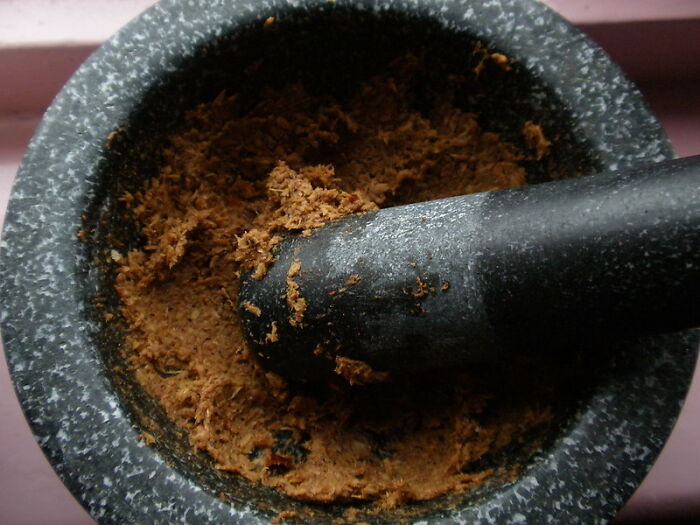 Buy spices whole and grind what you need. Whole spices are more affordable, last so much longer, and the flavor of freshly ground spices can't be beat.
Buy spices whole and grind what you need. Whole spices are more affordable, last so much longer, and the flavor of freshly ground spices can't be beat.
similar for dried herbs - they keep much more flavor if dried and kept whole with their stems instead of crushed leaves (marjoram, oregano, thyme, etc).
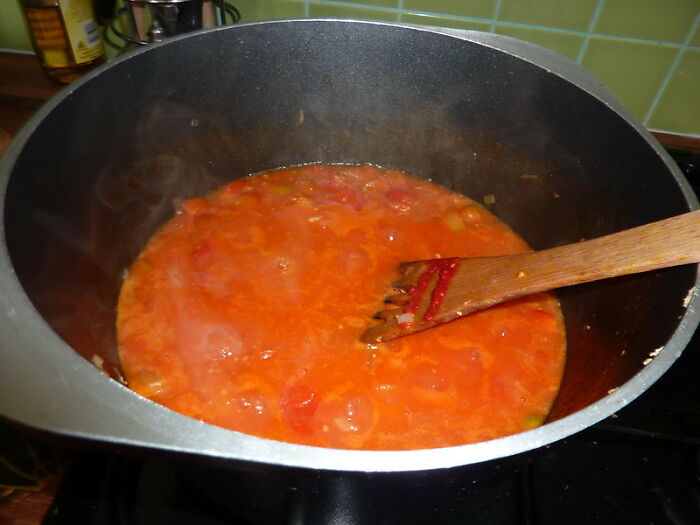 A tablespoon or two of butter at the end of cooking tomato sauce for pasta adds a delicious rich flavor.
A tablespoon or two of butter at the end of cooking tomato sauce for pasta adds a delicious rich flavor.
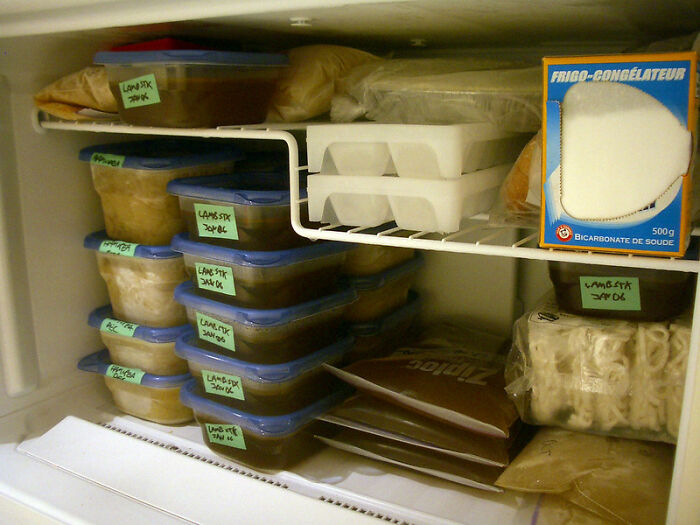 If you’re not going to finish your food before it goes bad, put it in your freezer. Gordon Ramsay isn’t going to come out and start yelling at you because you used frozen chicken.
If you’re not going to finish your food before it goes bad, put it in your freezer. Gordon Ramsay isn’t going to come out and start yelling at you because you used frozen chicken.
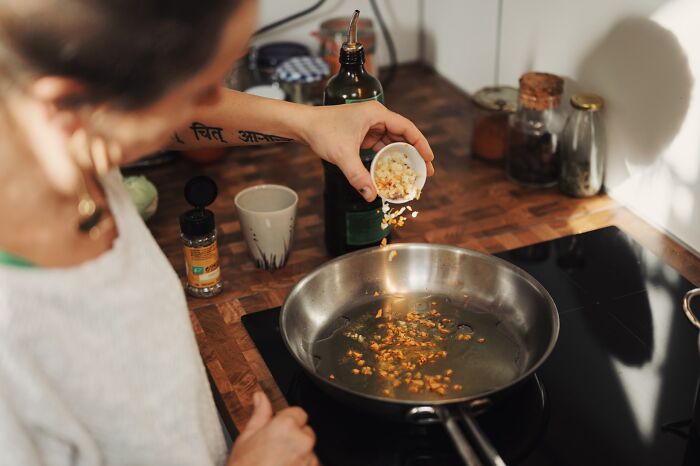 If you’re making a dish that relies heavily on spices for seasoning, toast the spices before adding them to the recipe to bloom them. You only need to cook them in a pan until fragrant (which takes about 30 seconds to a minute). This quick step vastly improves their taste and amplifies the flavor so you can use less.
If you’re making a dish that relies heavily on spices for seasoning, toast the spices before adding them to the recipe to bloom them. You only need to cook them in a pan until fragrant (which takes about 30 seconds to a minute). This quick step vastly improves their taste and amplifies the flavor so you can use less.
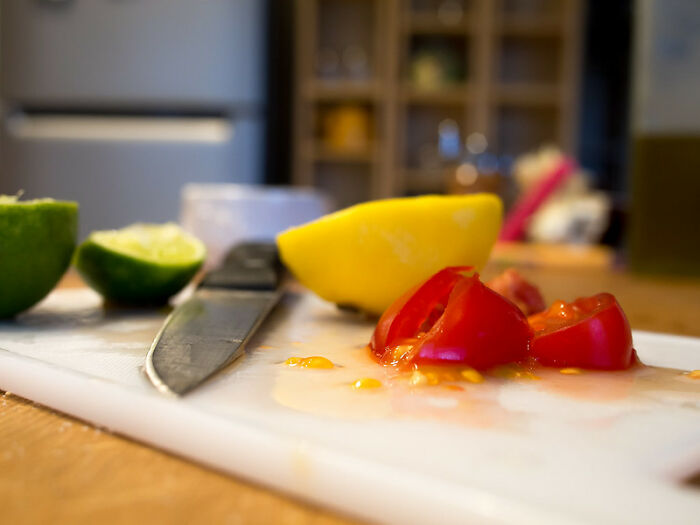 Scrape the cutting board to gather chopped or minced ingredients with the blunt side of the knife to protect your cutlery
Scrape the cutting board to gather chopped or minced ingredients with the blunt side of the knife to protect your cutlery
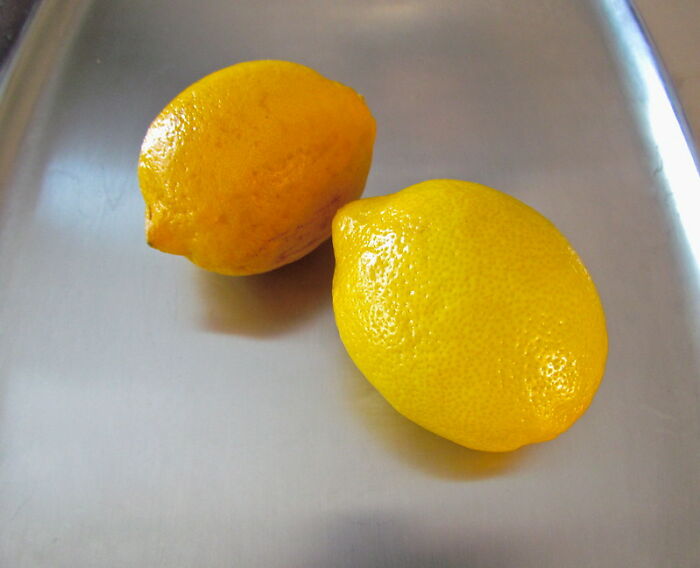 If you can't figure out what it's missing, it's probably acidity. Changed my game entirely. (I don't do sweets, for reference).
If you can't figure out what it's missing, it's probably acidity. Changed my game entirely. (I don't do sweets, for reference).
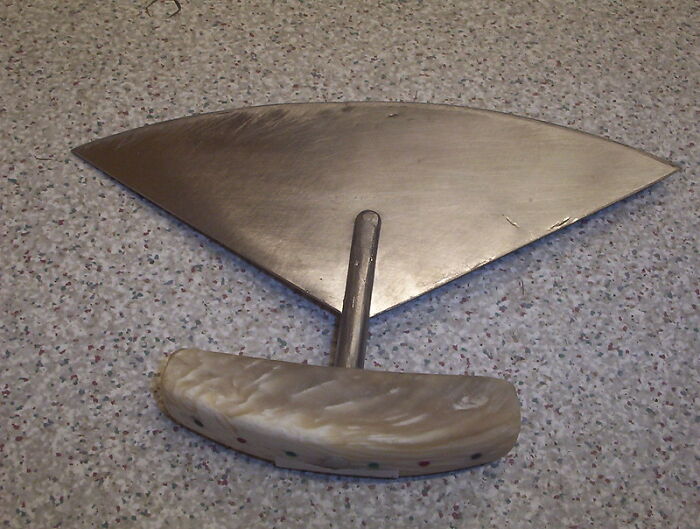 I was gifted an ulu. It's a knife used by Alaskan Native women. It's a game changer. It does EVERYTHING, from slicing to dicing, boning to fileting. It's my go-to all purpose knife, and I keep it very sharp. Learning knife cuts with that was the best thing that I ever did for myself.
I was gifted an ulu. It's a knife used by Alaskan Native women. It's a game changer. It does EVERYTHING, from slicing to dicing, boning to fileting. It's my go-to all purpose knife, and I keep it very sharp. Learning knife cuts with that was the best thing that I ever did for myself.
The key thng is a knife that allows you to rock the blade, so you can slice with the entire length of the blade, rather than slicing with the end or chopping.
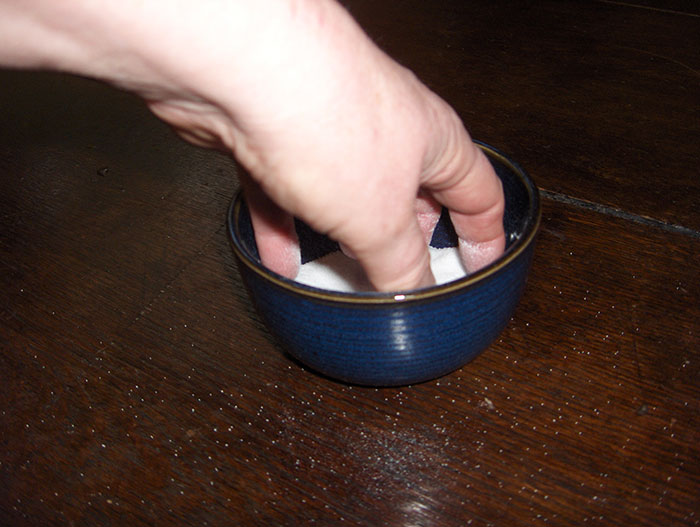 Don’t put too much salt in anything that is going to thicken up and reduce. You might end up oversalting
Don’t put too much salt in anything that is going to thicken up and reduce. You might end up oversalting
Salt is no more then a flavour enhancer. You can easily get used to cooking without salt. I haven't used salt in any of my cooking for the past 3 years now.
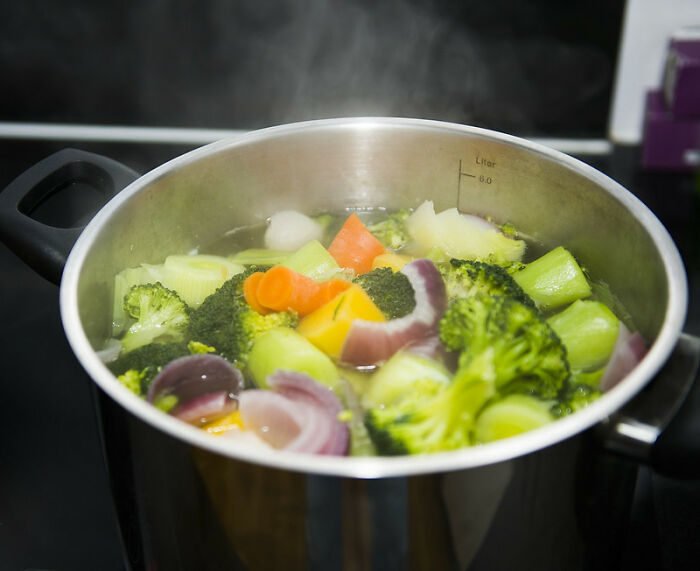 For me it was “freeze the ends of soup stock veggies (carrots, celery, onions) and meat bones when you are making other things” so when you want to make soup your base for broth is ready.
For me it was “freeze the ends of soup stock veggies (carrots, celery, onions) and meat bones when you are making other things” so when you want to make soup your base for broth is ready.
I don’t know why I never thought of this myself. I hate waste, so this works out in many ways for me. Cooking some stock now and it smells amazing.
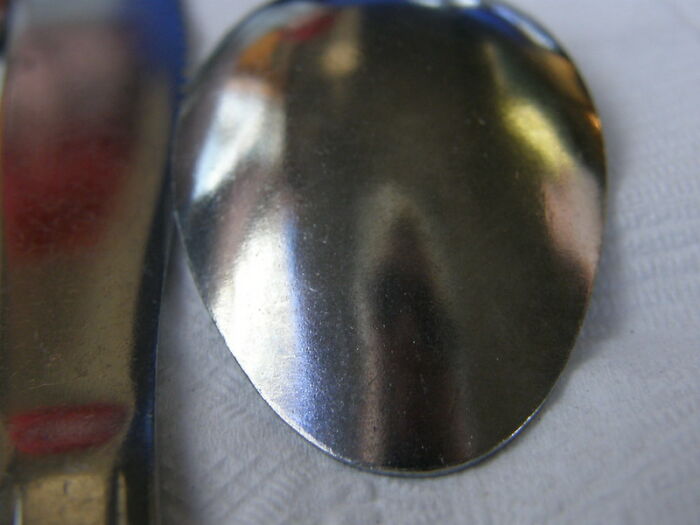 Peel the skin off ginger with a spoon. A Knife is too wasteful, and a spoon is way easier.
Peel the skin off ginger with a spoon. A Knife is too wasteful, and a spoon is way easier.
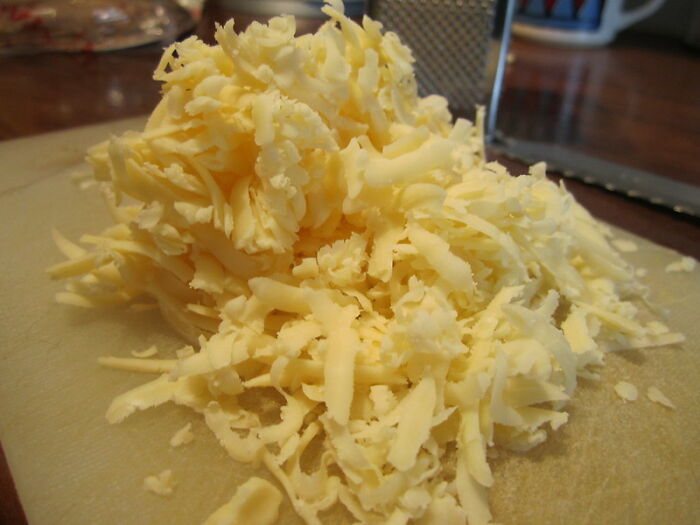 This one's for pie dough, but grate the butter on a cheese grater then mix it in. Saves a ton of time with the pastry blender. Helps if you freeze it a little first.
This one's for pie dough, but grate the butter on a cheese grater then mix it in. Saves a ton of time with the pastry blender. Helps if you freeze it a little first.
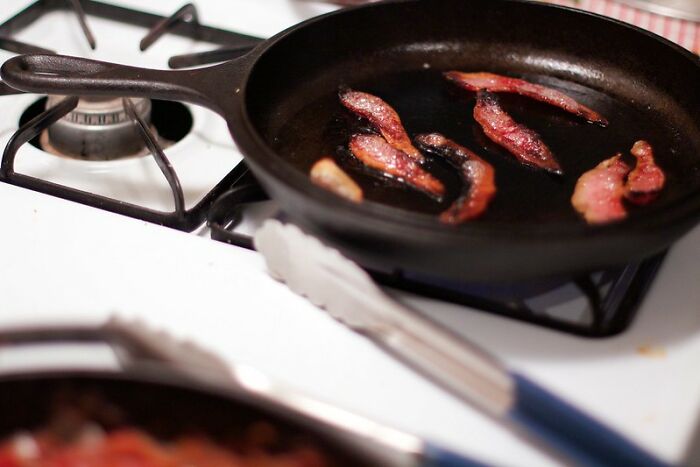 Save leftover bacon grease and sauté onions with it, or just use bacon grease instead of olive oil or butter when you're making anything that could use a little extra flavor boost.
Save leftover bacon grease and sauté onions with it, or just use bacon grease instead of olive oil or butter when you're making anything that could use a little extra flavor boost.
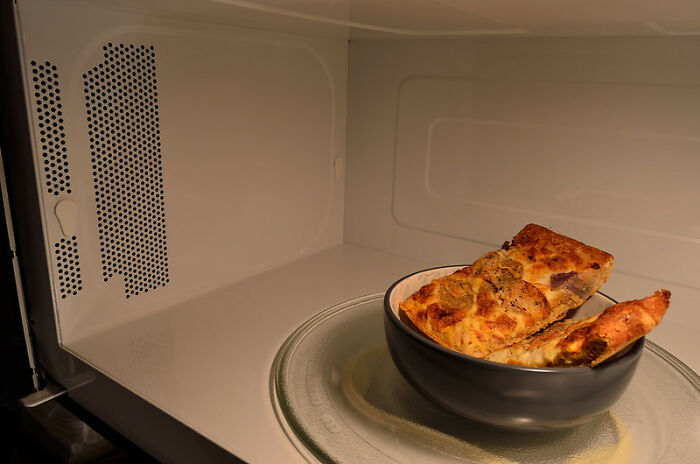 For cold bread and pizza... get some water and sprinkle it inside or on the plate before you nuke it... Softens up the crust... Makes cold pizza glorious
For cold bread and pizza... get some water and sprinkle it inside or on the plate before you nuke it... Softens up the crust... Makes cold pizza glorious
I use the "nuke and bake" method. Zap if for a minute or two to heat it up, then bake it for 5 minutes. Like a brand new slice.
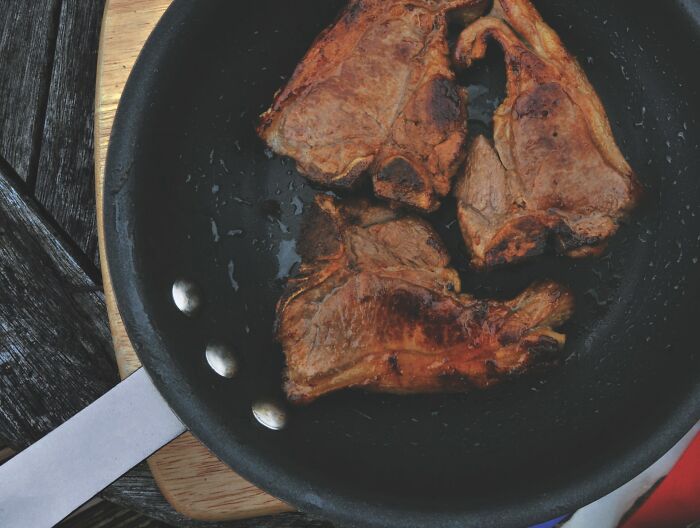 If there is water in the pan, the Maillard process (browning of food from searing) will never happen.
If there is water in the pan, the Maillard process (browning of food from searing) will never happen.
If there is water in the pan, the temperature is less than boiling temperature (100 Celsius), and maillard needs 140-165 to happen. This is why recipes call for wiping moisture off steaks before searing them.
I tried a really counter-intuitive trick I read about recently for sauteing mushrooms that worked quite well. Add water to the pan when first cooking the mushrooms (around 60ml for 500g) and let the mushrooms cook in that. When the water has completely cooked off, then add a little oil and saute. Adding the water gets the mushrooms to release their water more quickly getting you to that dried state where the Maillard process can happen sooner. You end up using much less oil, too.
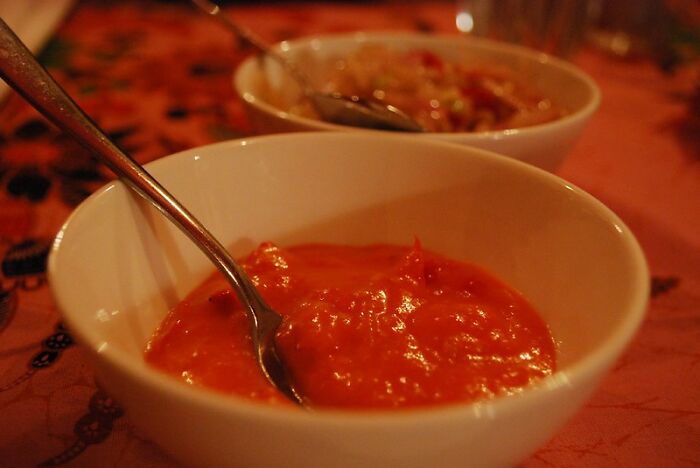 Cinnamon and nutmeg aren't just for baking. They make great additions for marinades and savory dishes. Try adding cinnamon to chili or nutmeg to creamy sauces like béchamel
Cinnamon and nutmeg aren't just for baking. They make great additions for marinades and savory dishes. Try adding cinnamon to chili or nutmeg to creamy sauces like béchamel
 Taste as you go.
Taste as you go.
It is obvious but weirdly enough, when I started cooking, I did not do that at all. Food tasted either over seasoned or bland AF.
Once I did, food tasted way better instead of blindly seasoning because a recipe said so.
It was honestly watching UK's Kitchen Nightmares that I learned this.
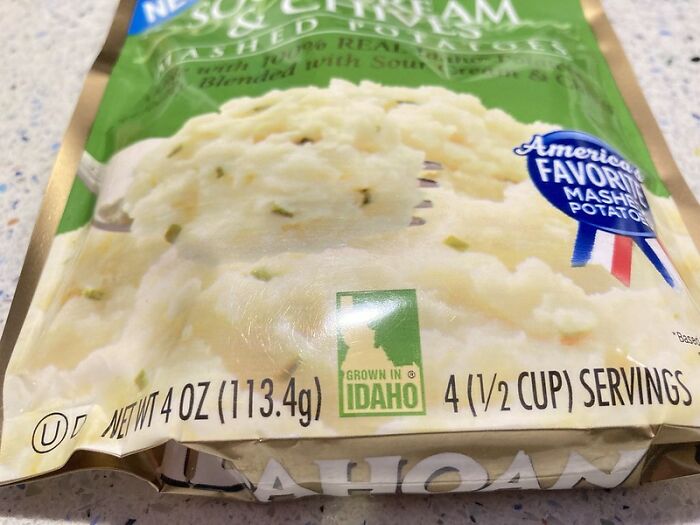 If your homemade soup is too thin, try adding instant mashed potatoes as a thickener. Since I learned this trick, I've started keeping a box around for lazy days or emergencies. They're a lifesaver when you've added too much liquid to soup.
If your homemade soup is too thin, try adding instant mashed potatoes as a thickener. Since I learned this trick, I've started keeping a box around for lazy days or emergencies. They're a lifesaver when you've added too much liquid to soup.
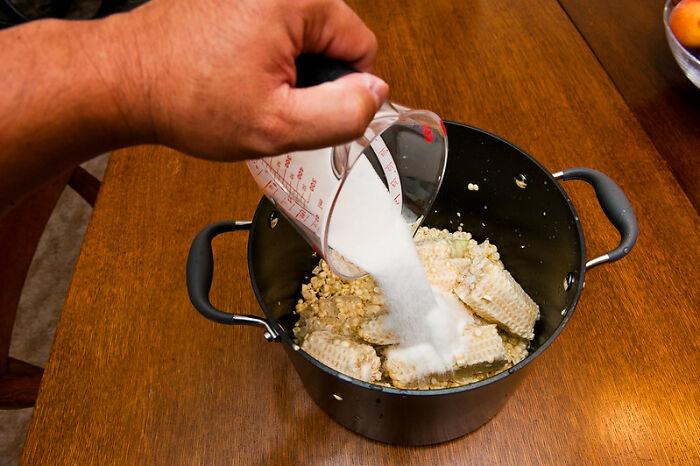 When something says 'season to taste', it doesn't just mean salt or pepper. It could be adding an acid, or a sugar, or so on - it's about balancing everything.
When something says 'season to taste', it doesn't just mean salt or pepper. It could be adding an acid, or a sugar, or so on - it's about balancing everything.
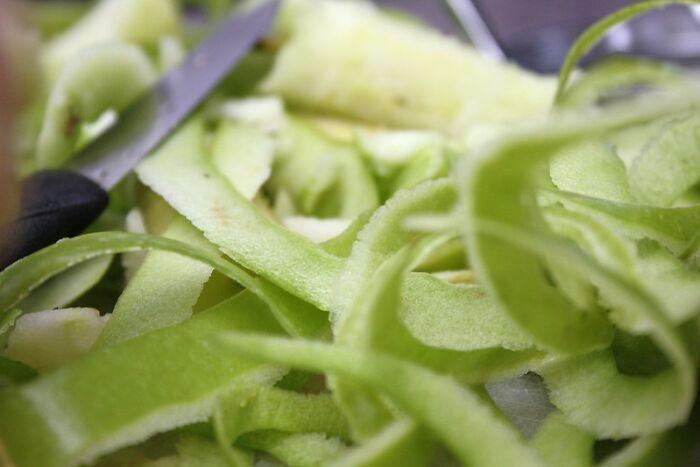 Have a small bowl next to you for trash veggie peels scraps. Saves a ton of time from going back and forth to the trash
Have a small bowl next to you for trash veggie peels scraps. Saves a ton of time from going back and forth to the trash
And don’t put them in the trash. Compost them if you have a garden.
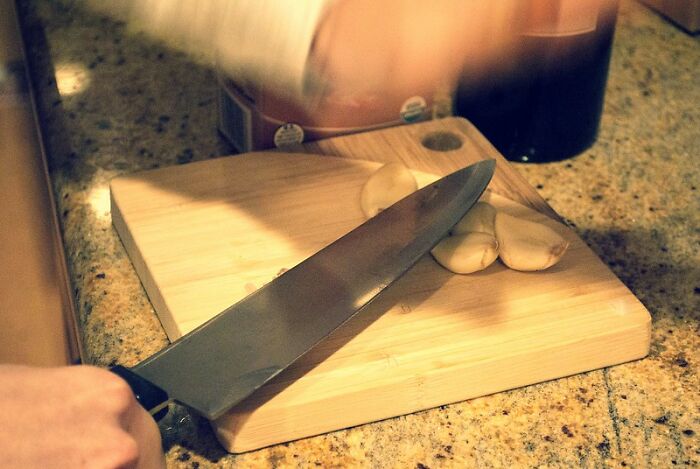 Smash the garlic with the flat of the knife
Smash the garlic with the flat of the knife
Do this to unpeeled garlic cloves and it makes peeling them much easier.
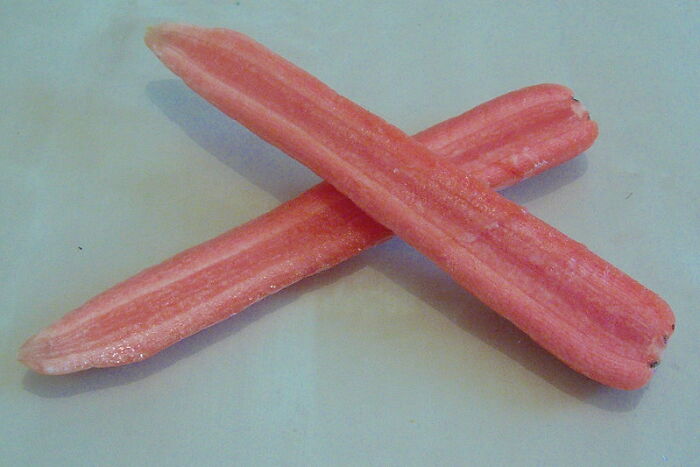 When cutting round vegetables like carrots and cucumbers, create a flat surface to the veggie doesn't roll all over the place and you don't cut your fingers.
When cutting round vegetables like carrots and cucumbers, create a flat surface to the veggie doesn't roll all over the place and you don't cut your fingers.
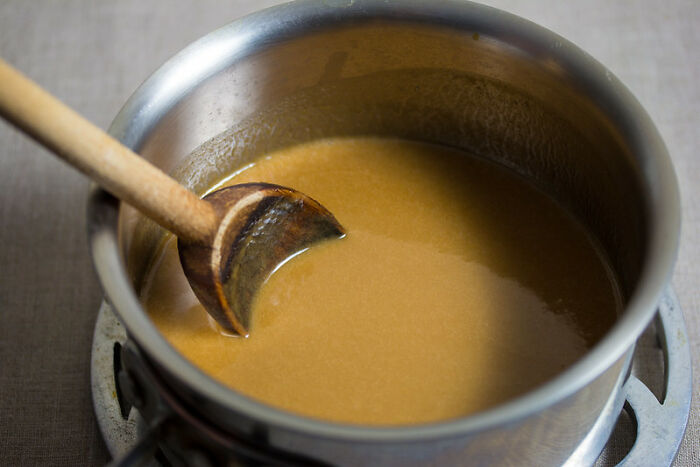 Brown your butter when making brownies and cookies.
Brown your butter when making brownies and cookies.
I think number 1 should just be to not be afraid to season your food with more than salt and pepper.
Thickening soup with instant mashed potatoes is one way.... its not healthy and probably salty. You can easily do it in other ways. You can finely dice actual potato, add it to the soup. Boil it till the potato falls apart. Its not just instant mash that does it. Its the starch
Easier still, grate your potato with the same small-holed cheese grater you use to grate frozen unpeeled ginger!
Load More Replies...The one about meat and fish sticking to the pan is a good one. If you want to sear something leave it alone and only turn it when youre happy with the crust. The one about gingerbis dumb. Gingerbkeeps for a very long and will creat a new peel around the parts you cut. You dont need to freeze it to make it last
That last photo is tomato soup, not tomato paste. You're gonna have a mess if you try to open both ends of a soup can with the product still inside.
I don't cook. I'm the 'Microwaver' in the family. But these tips are helpful for when I do start learning how to cook.
I think number 1 should just be to not be afraid to season your food with more than salt and pepper.
Thickening soup with instant mashed potatoes is one way.... its not healthy and probably salty. You can easily do it in other ways. You can finely dice actual potato, add it to the soup. Boil it till the potato falls apart. Its not just instant mash that does it. Its the starch
Easier still, grate your potato with the same small-holed cheese grater you use to grate frozen unpeeled ginger!
Load More Replies...The one about meat and fish sticking to the pan is a good one. If you want to sear something leave it alone and only turn it when youre happy with the crust. The one about gingerbis dumb. Gingerbkeeps for a very long and will creat a new peel around the parts you cut. You dont need to freeze it to make it last
That last photo is tomato soup, not tomato paste. You're gonna have a mess if you try to open both ends of a soup can with the product still inside.
I don't cook. I'm the 'Microwaver' in the family. But these tips are helpful for when I do start learning how to cook.

 Dark Mode
Dark Mode 

 No fees, cancel anytime
No fees, cancel anytime 



